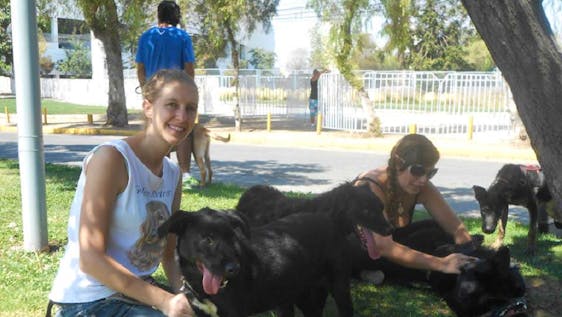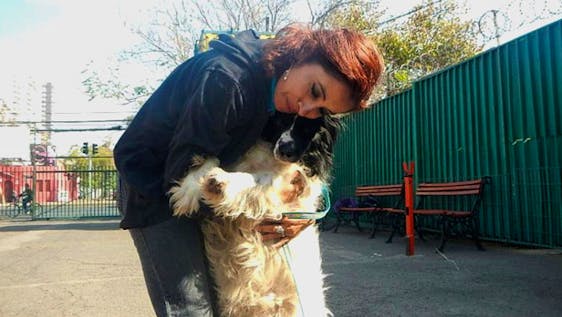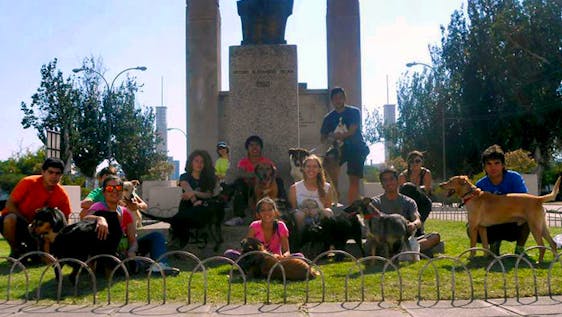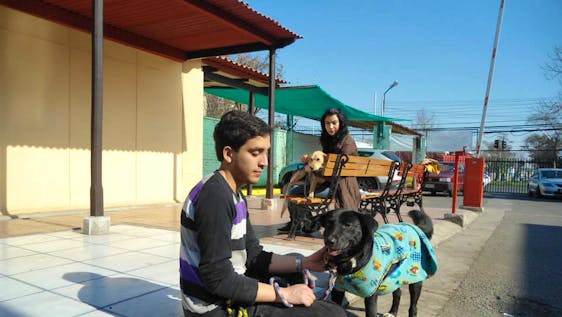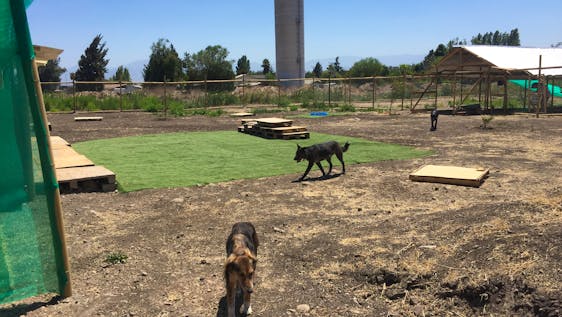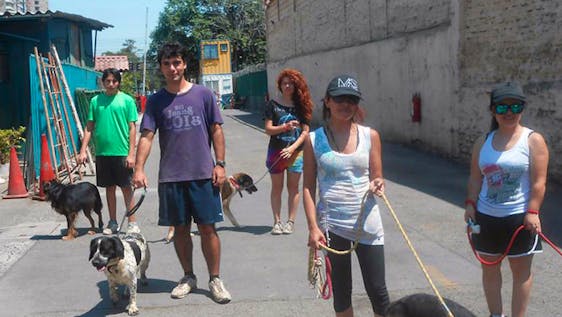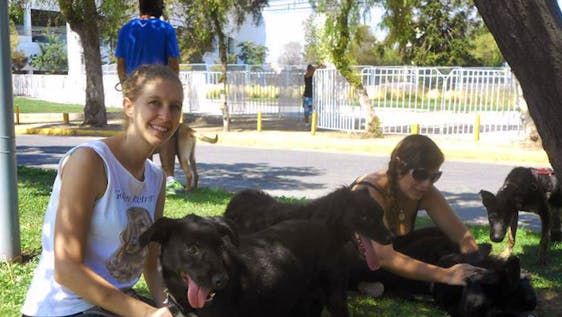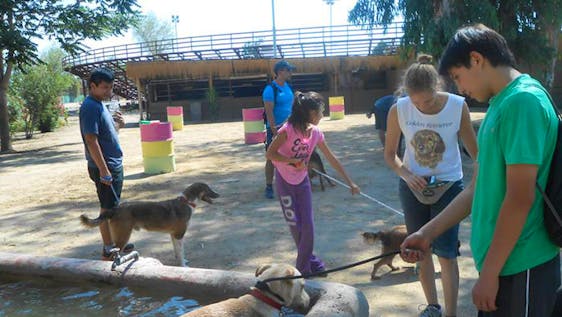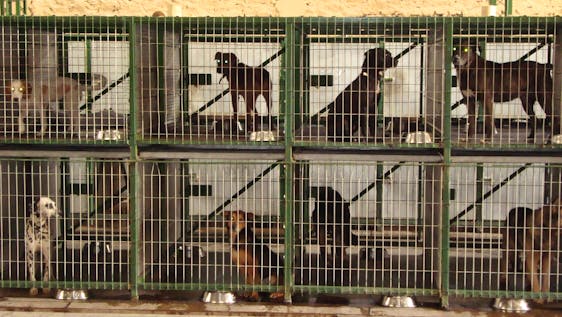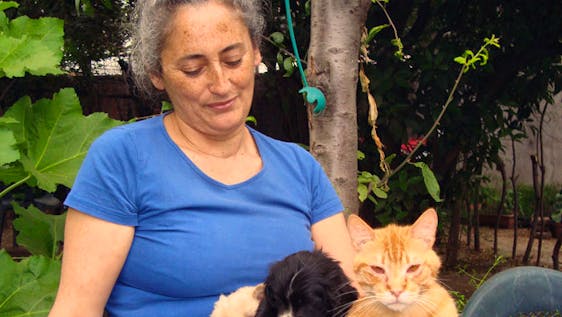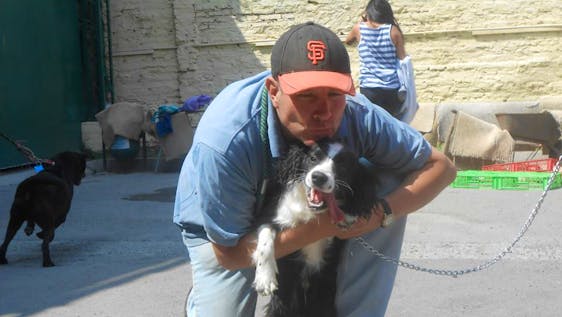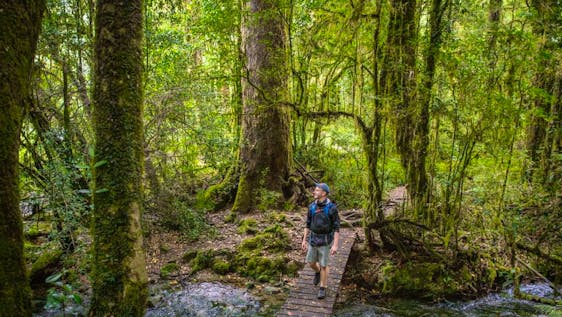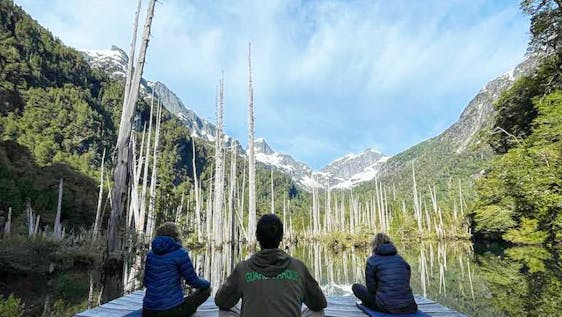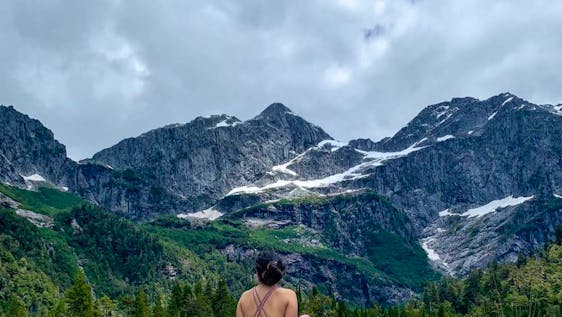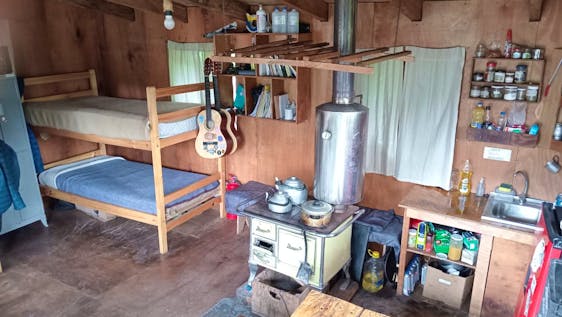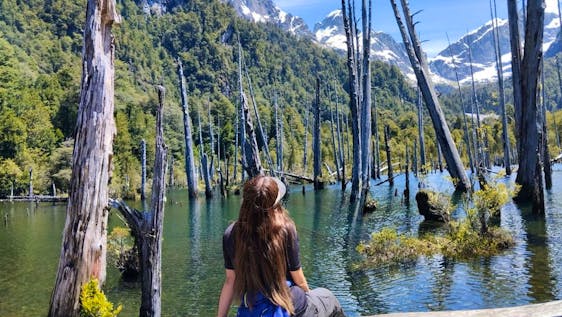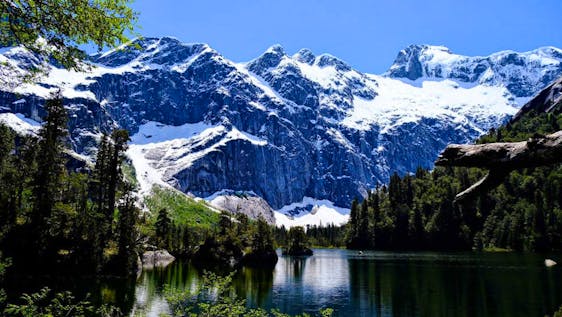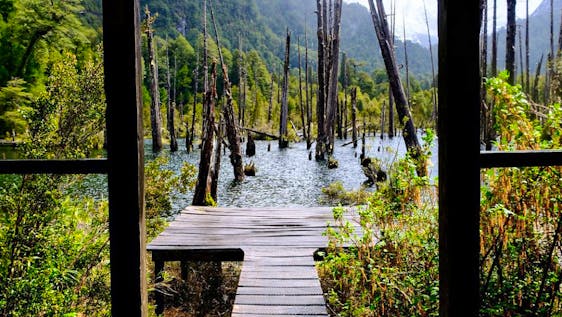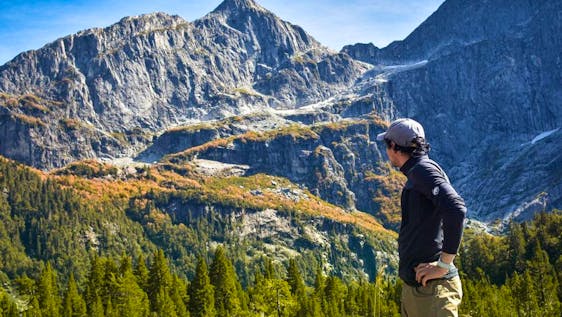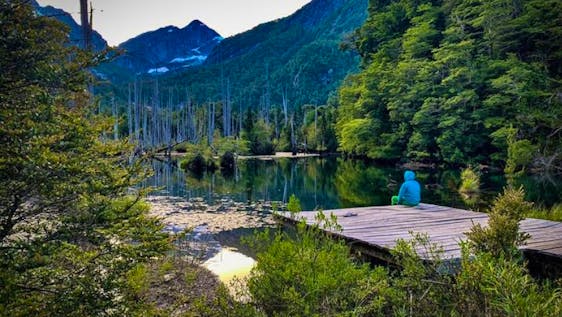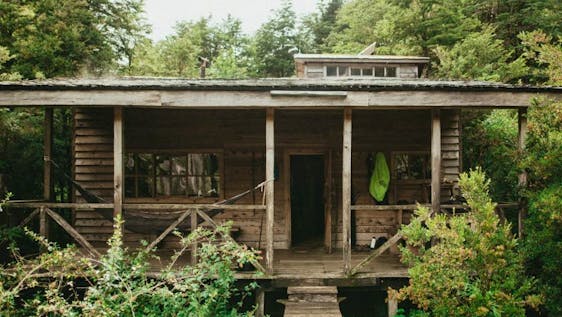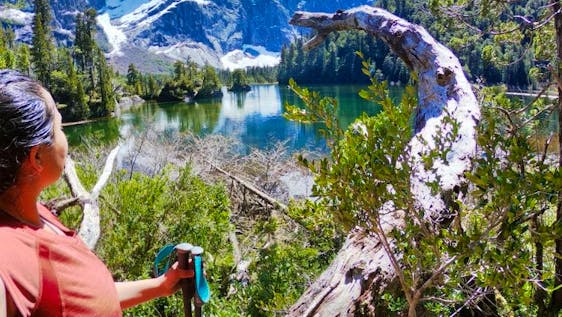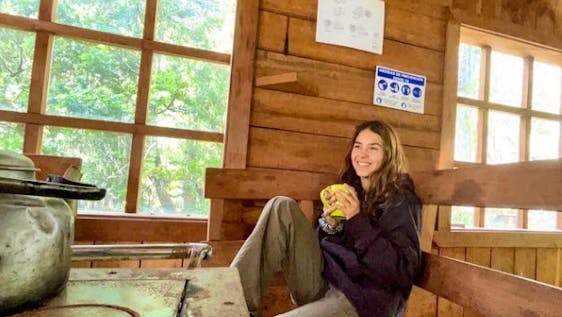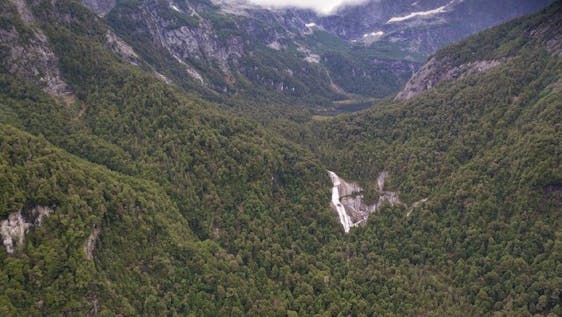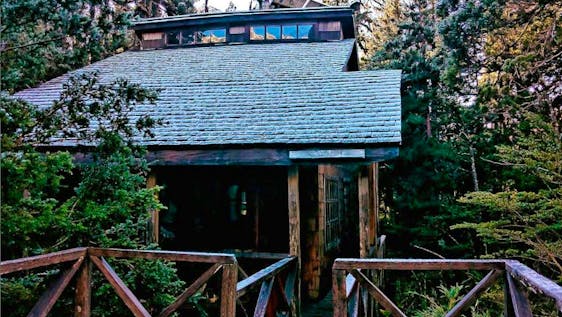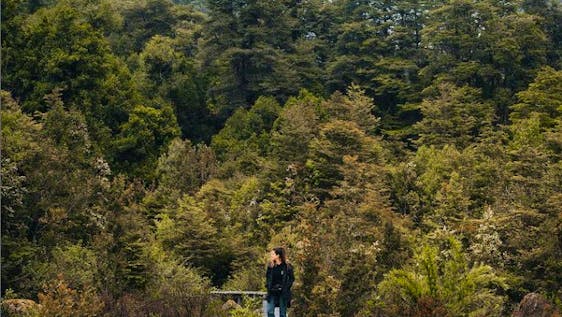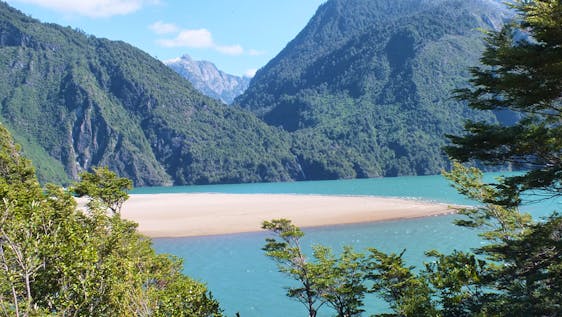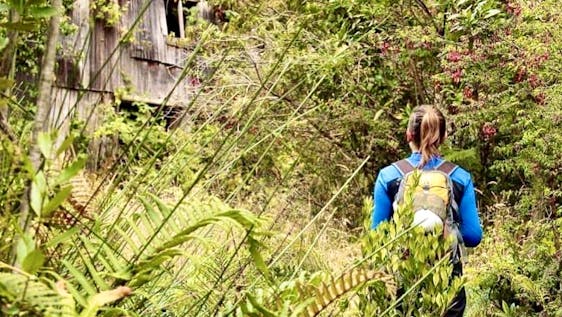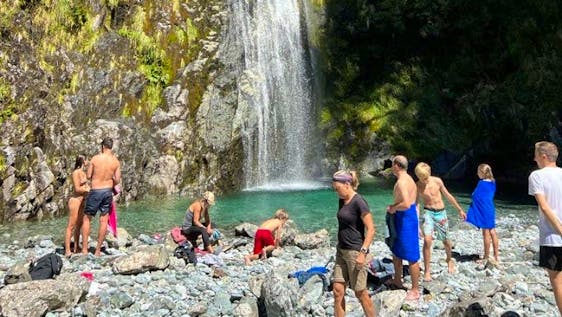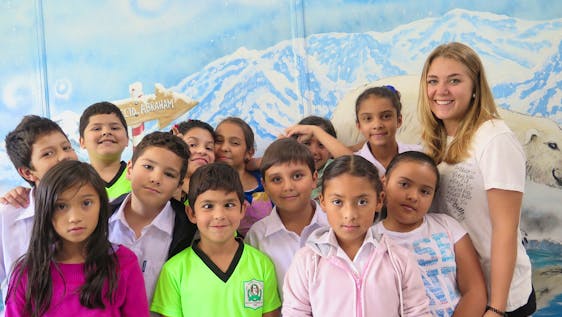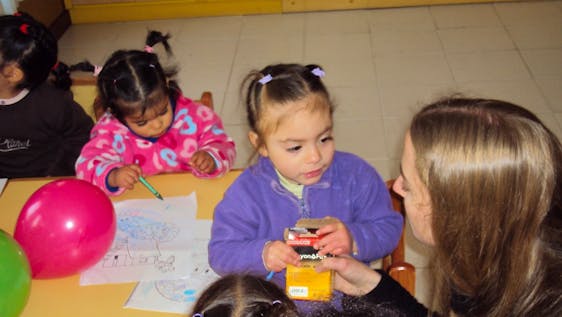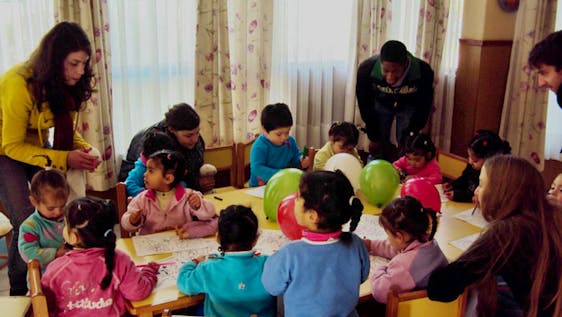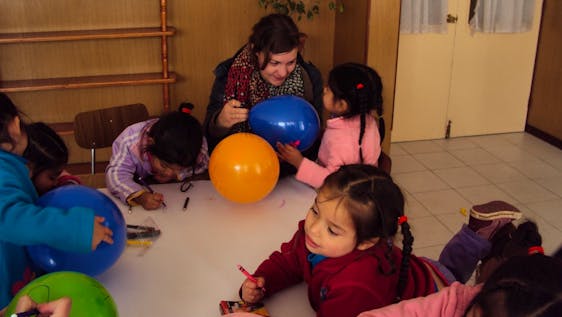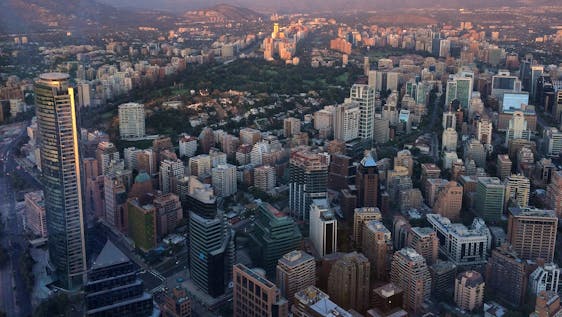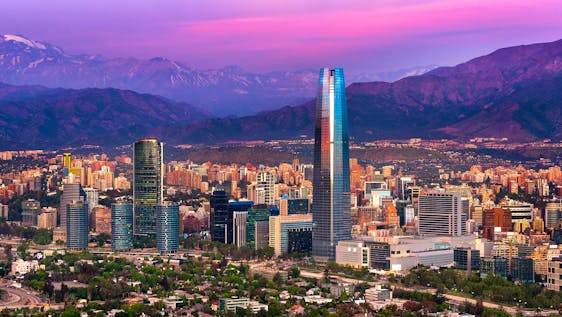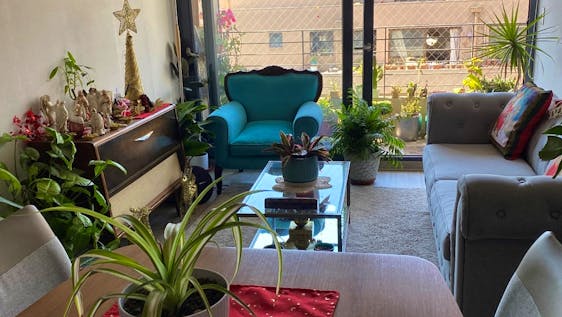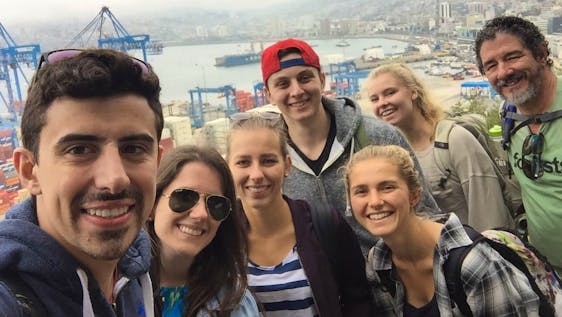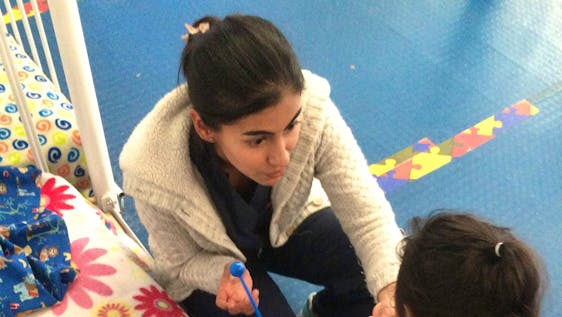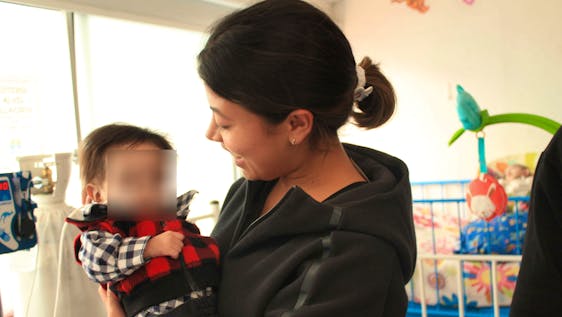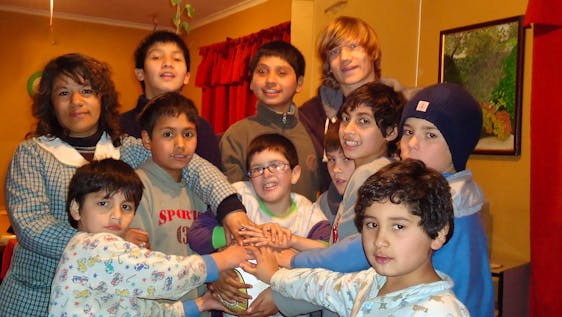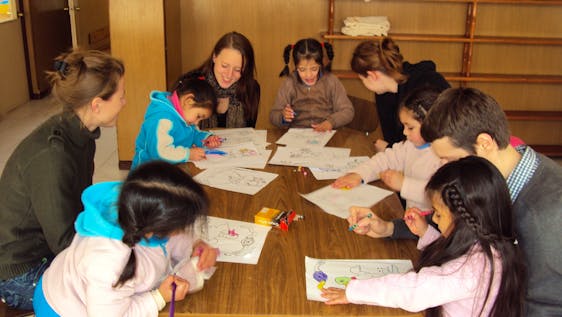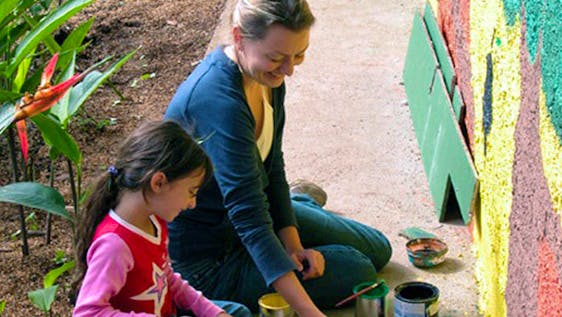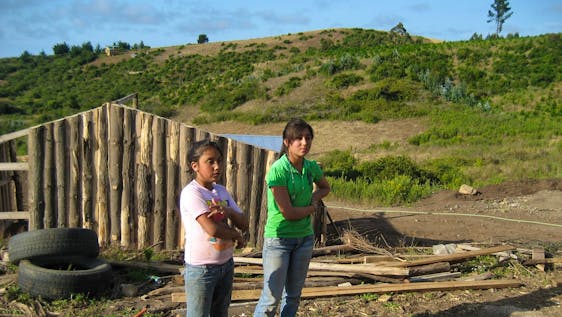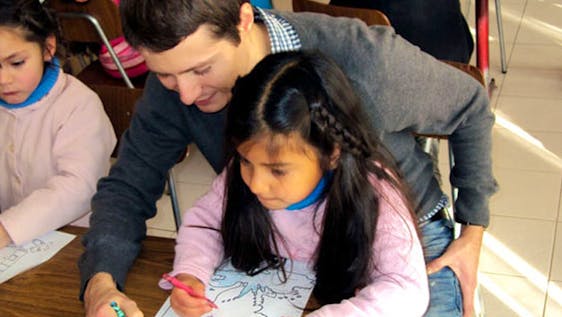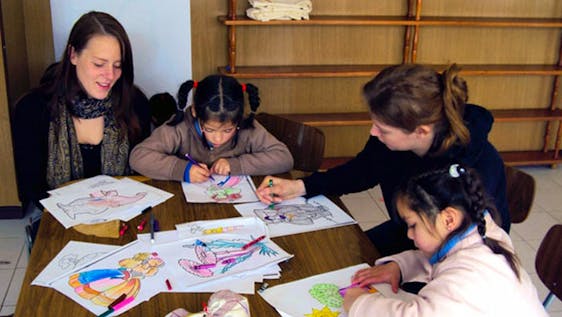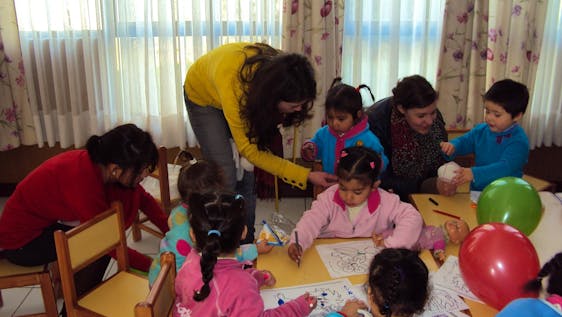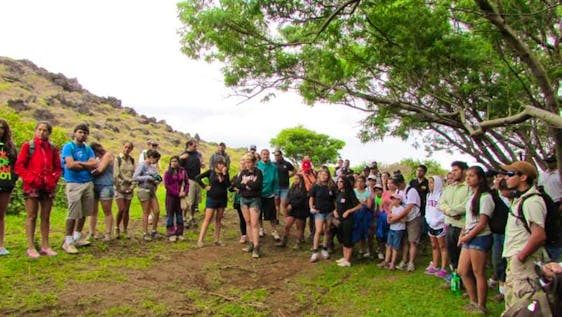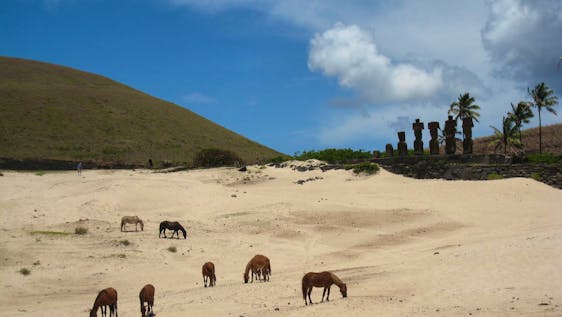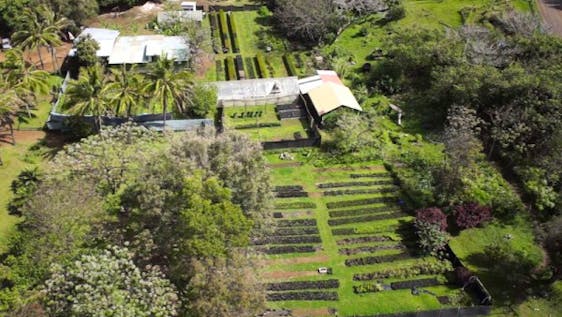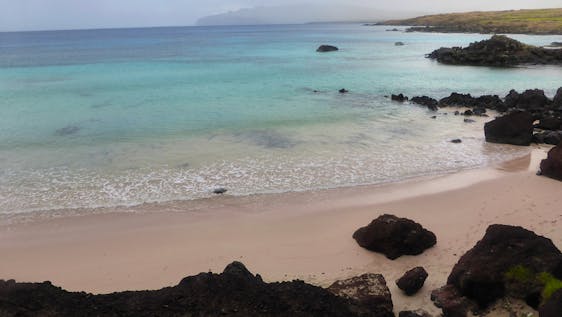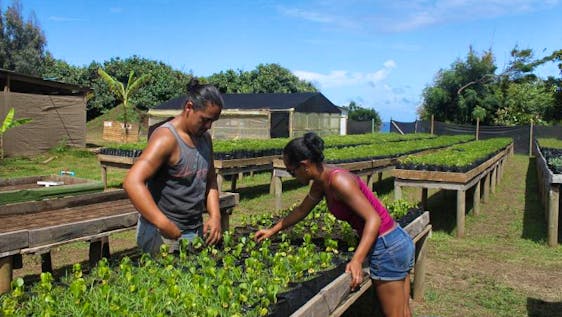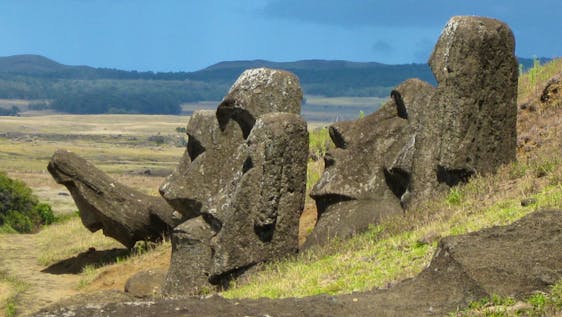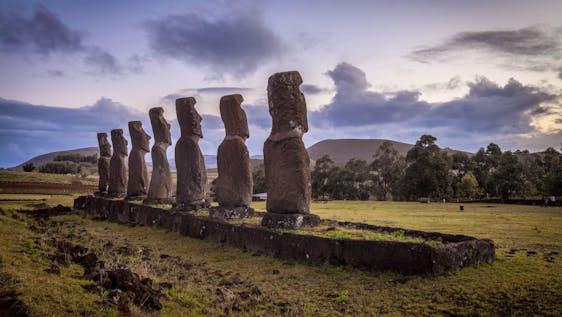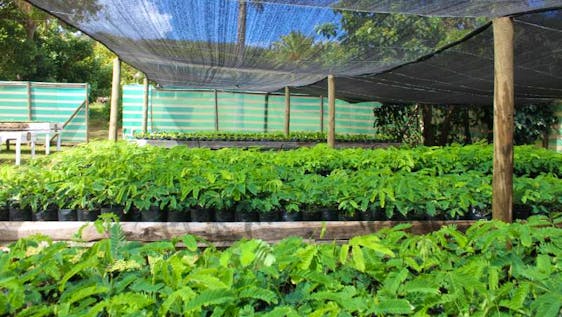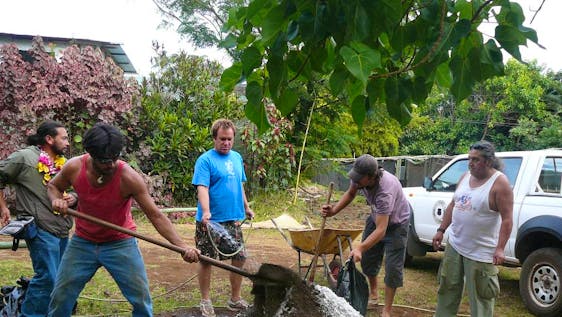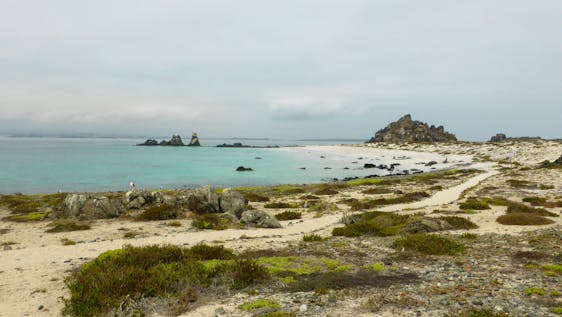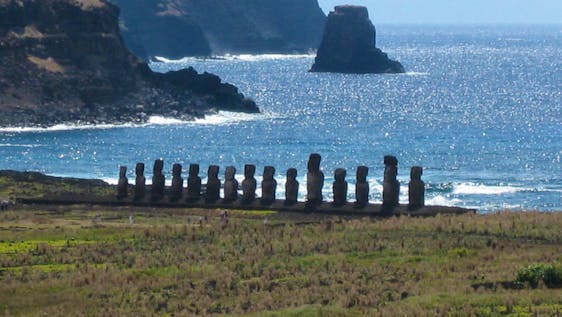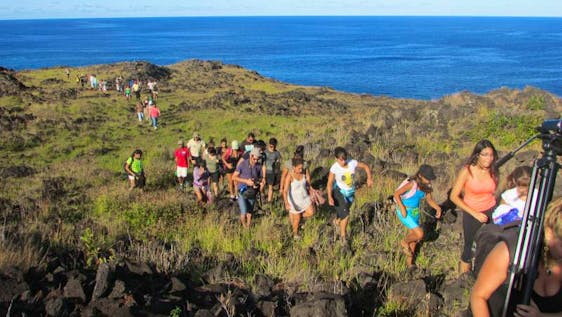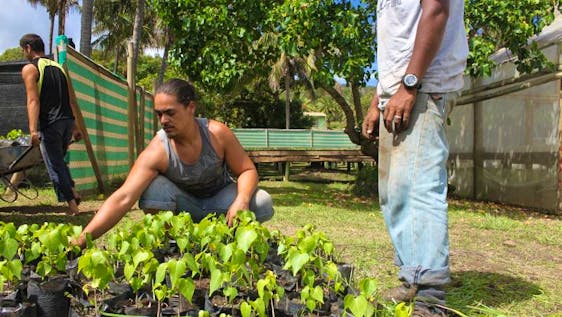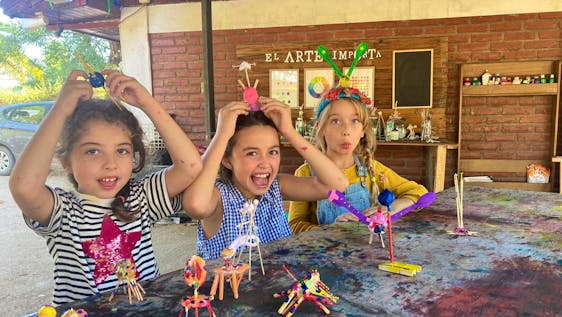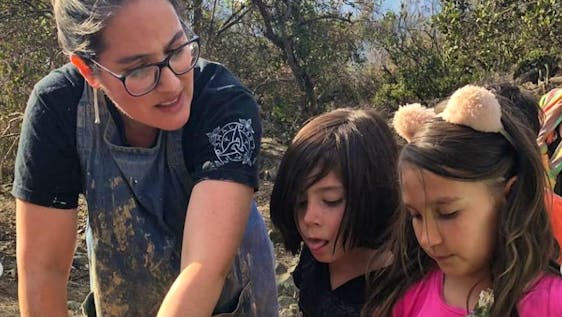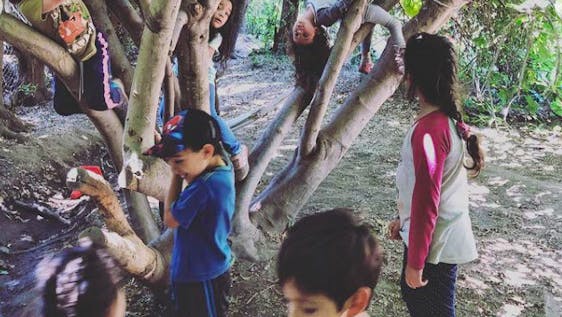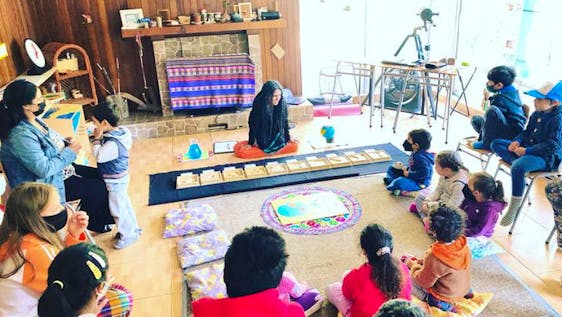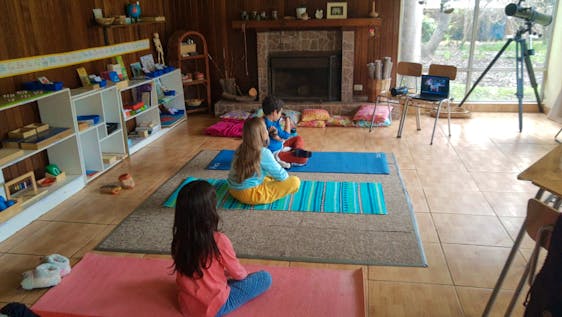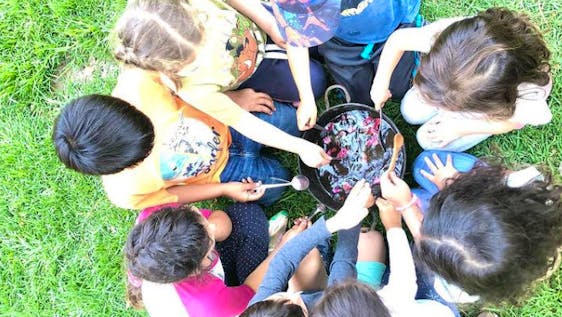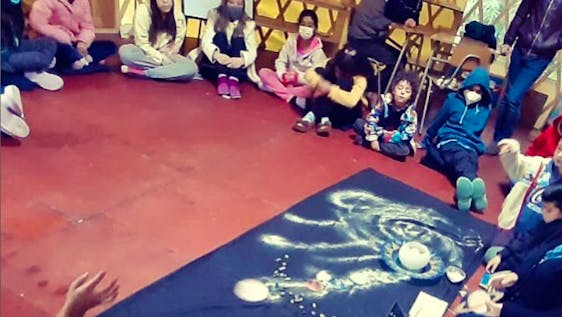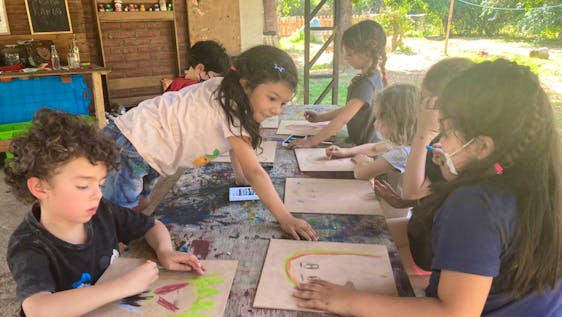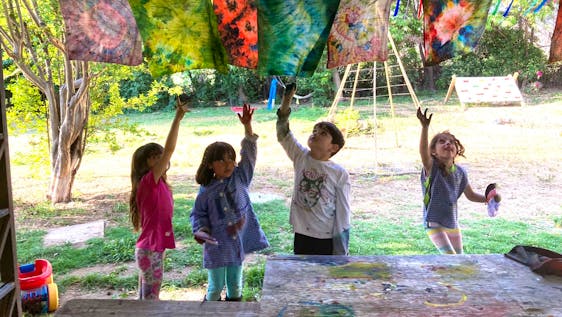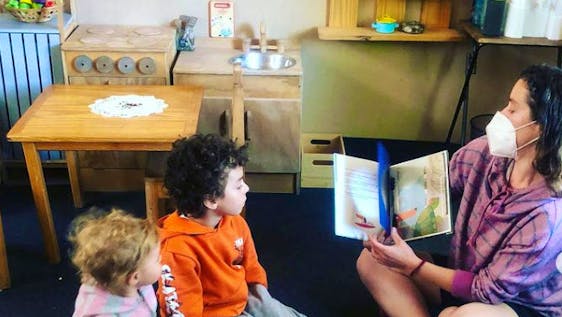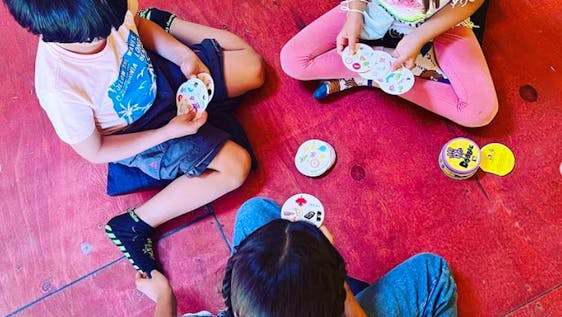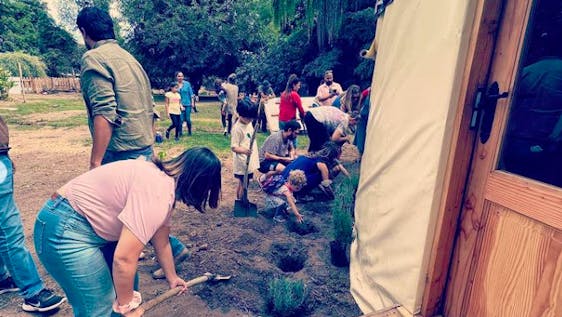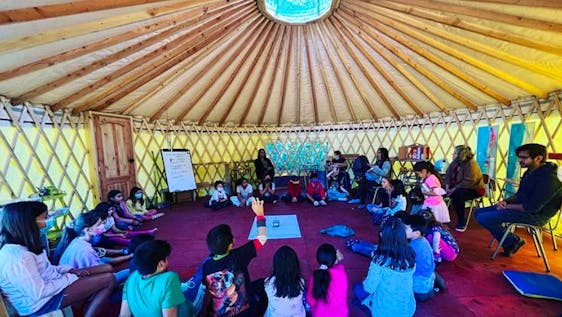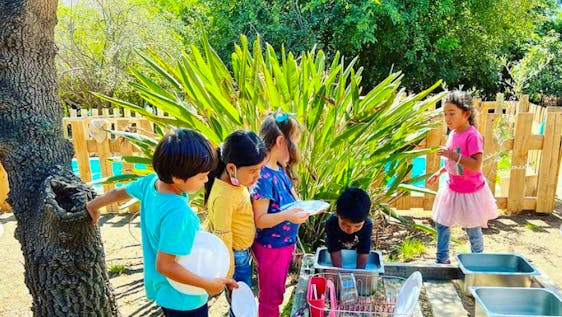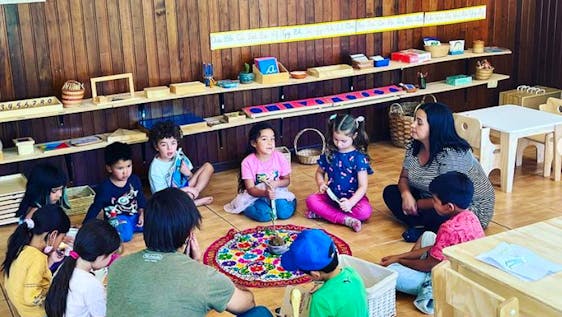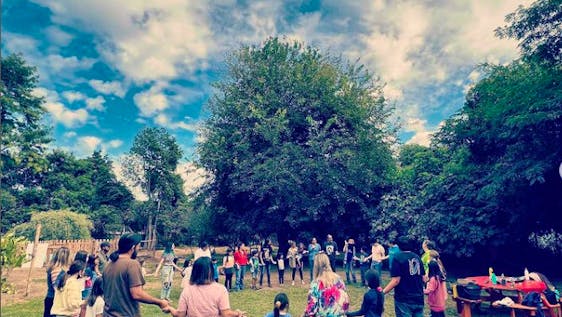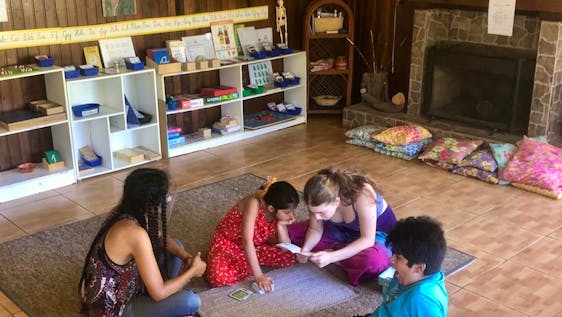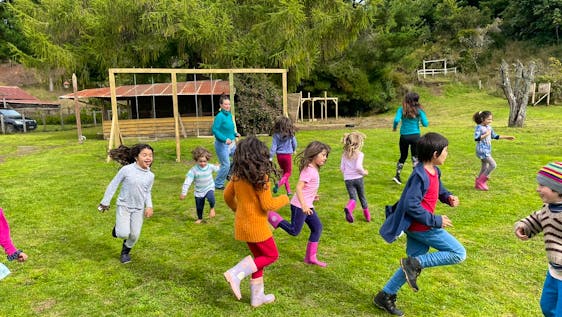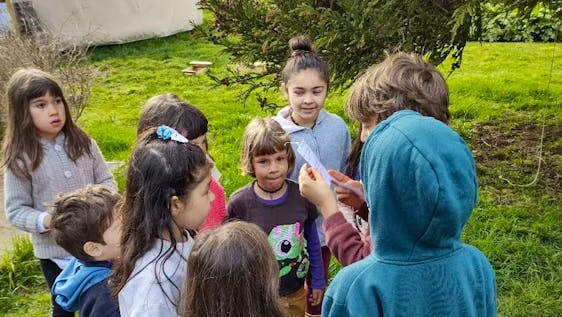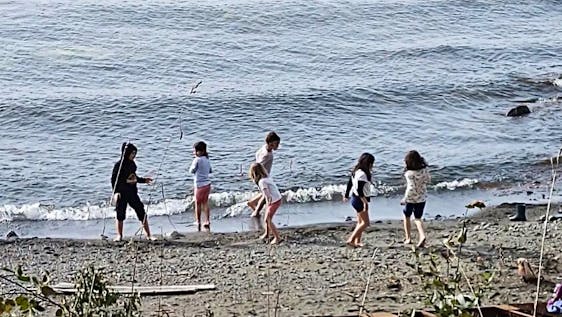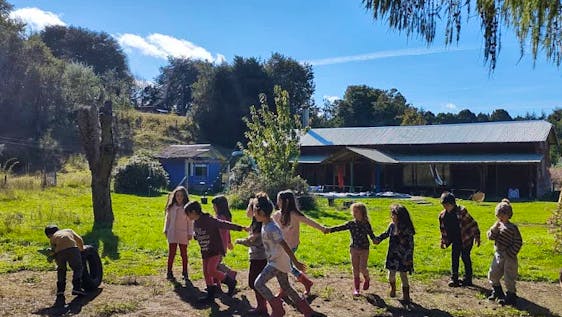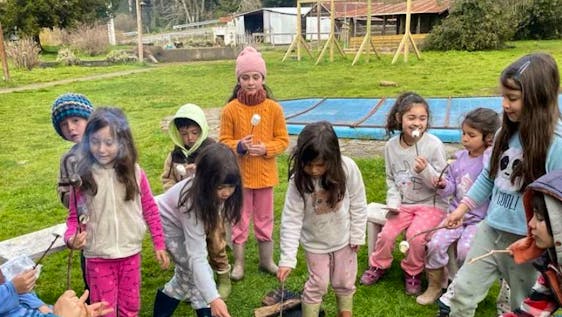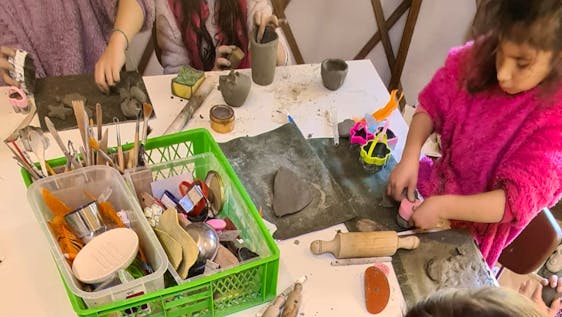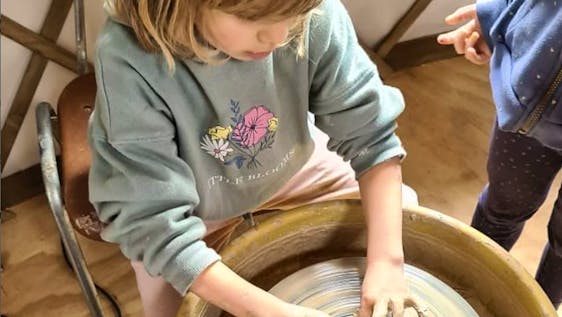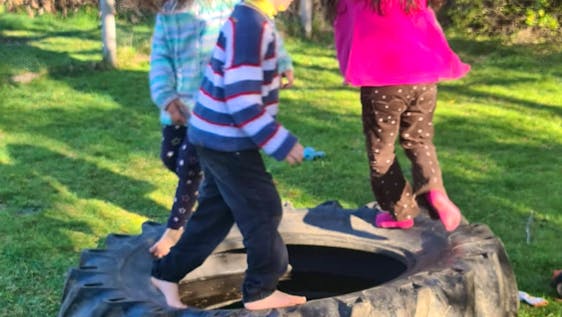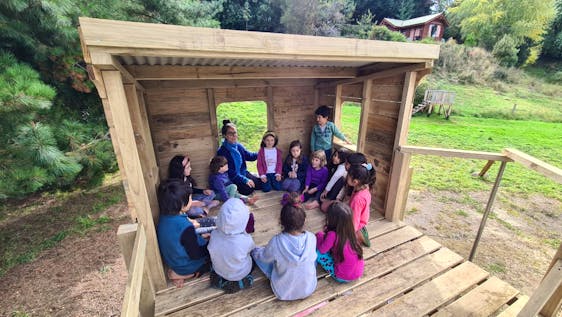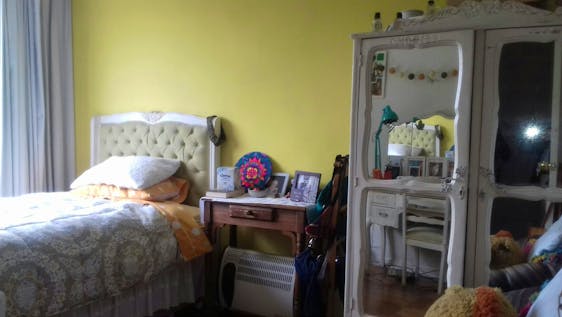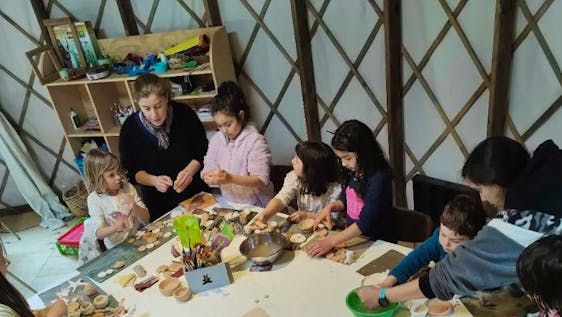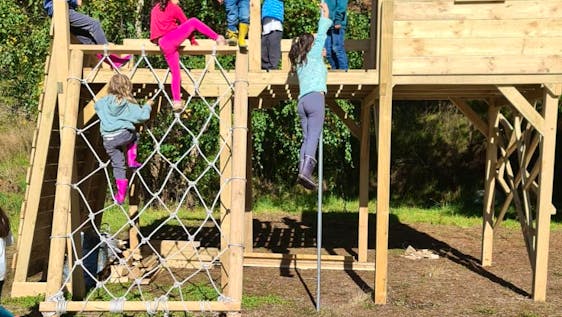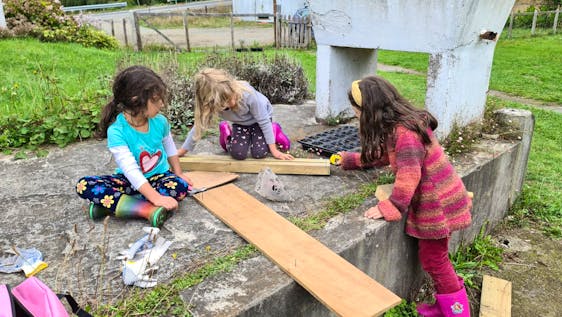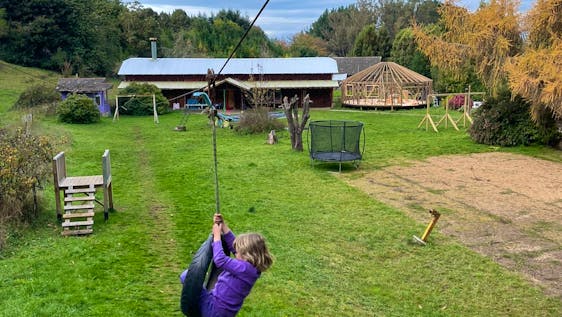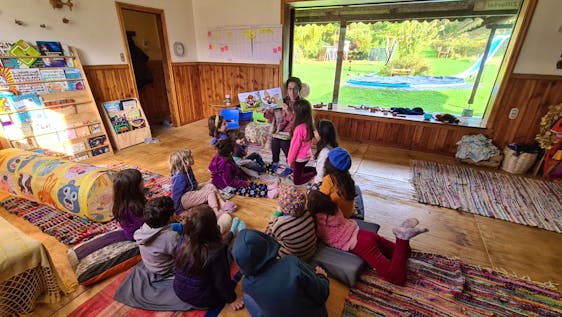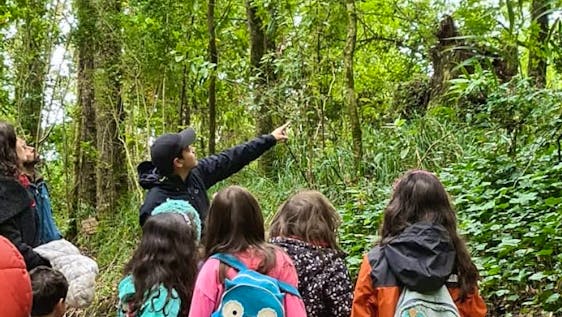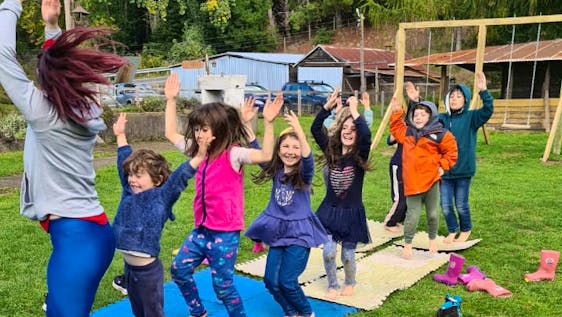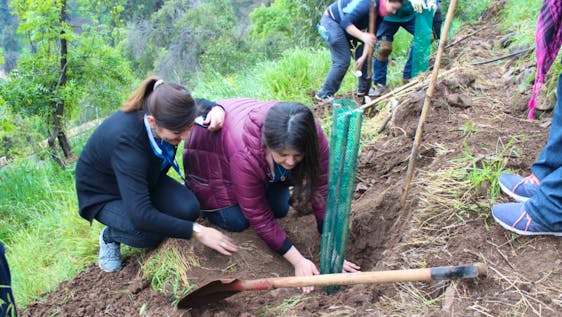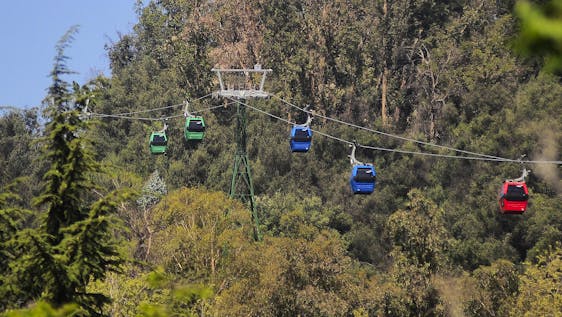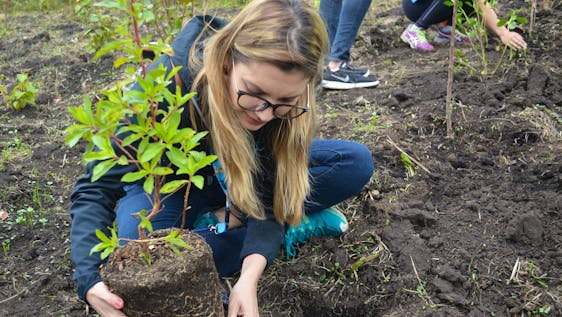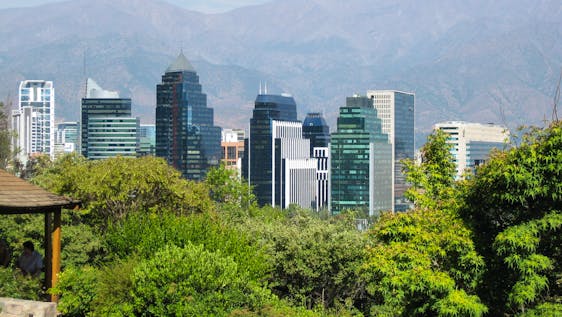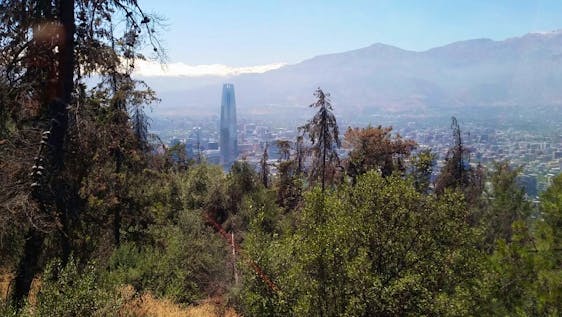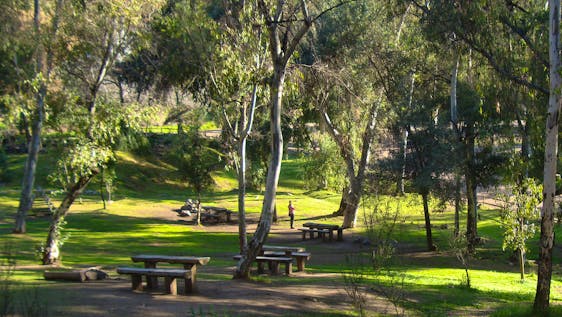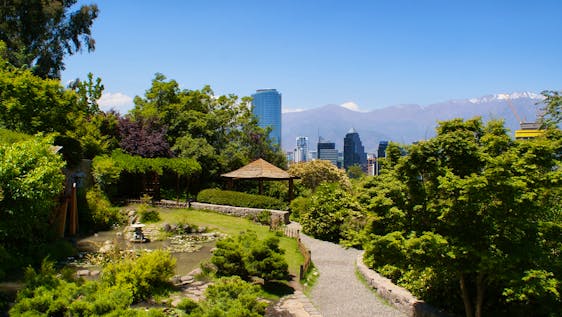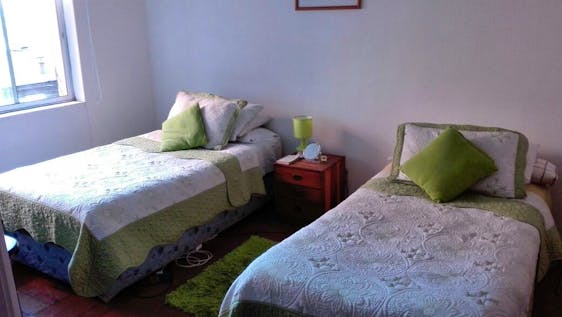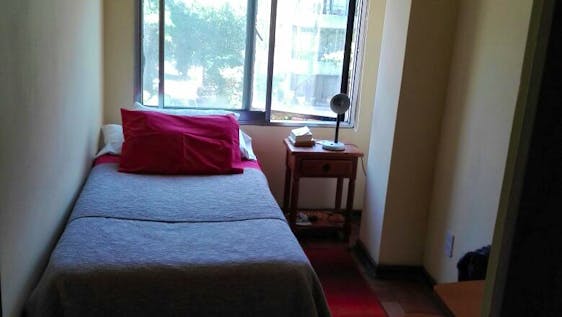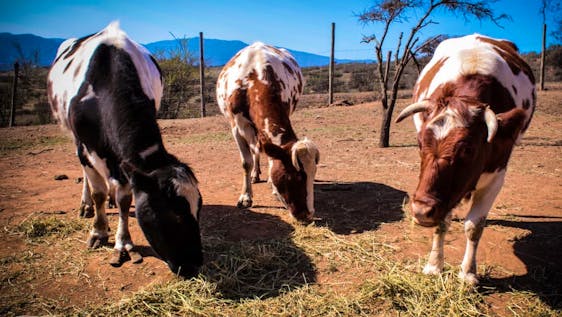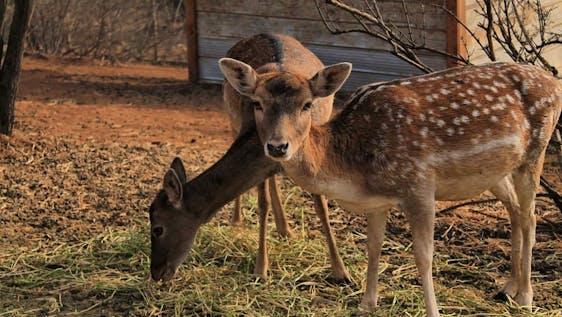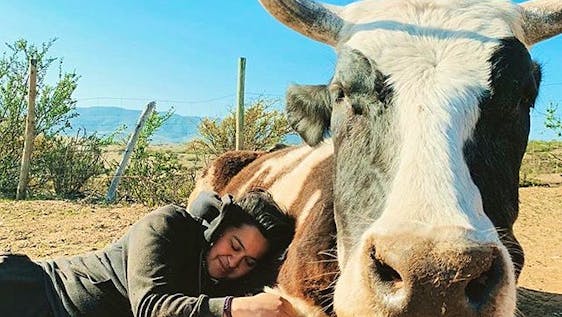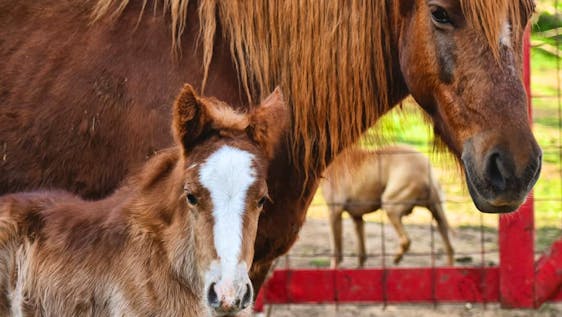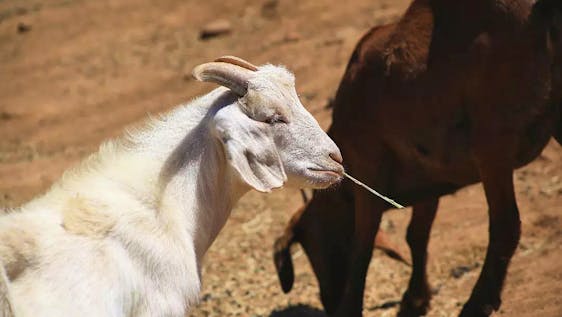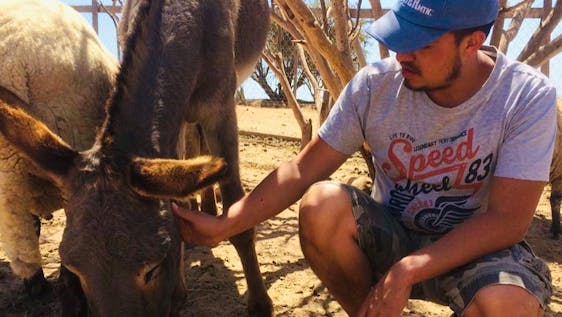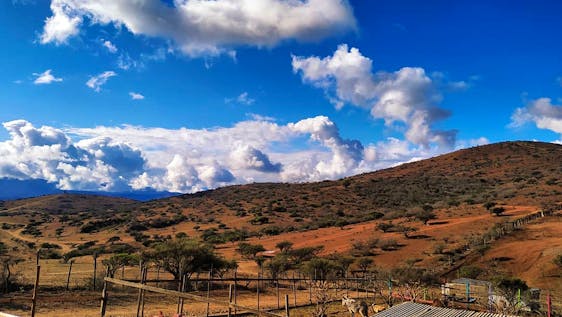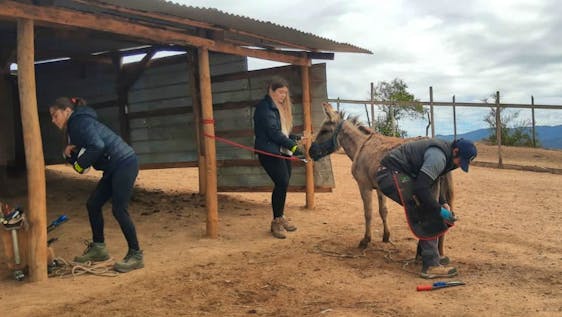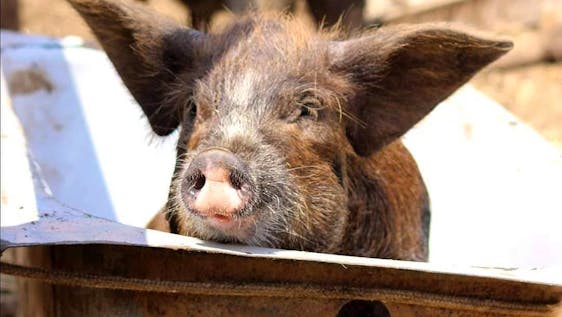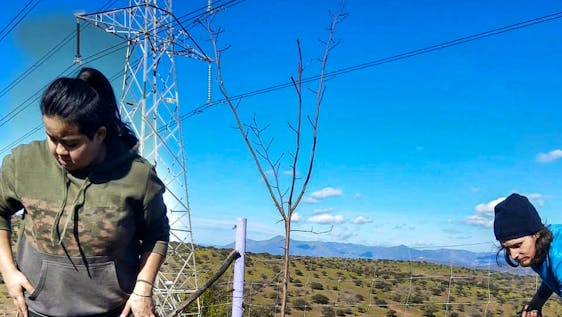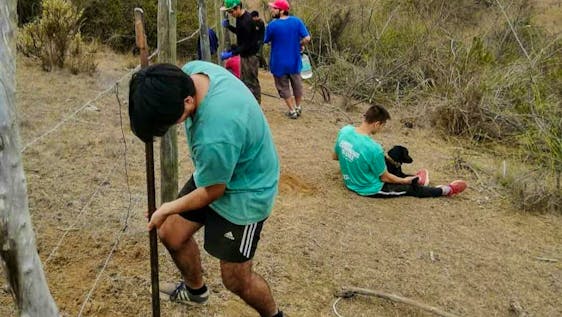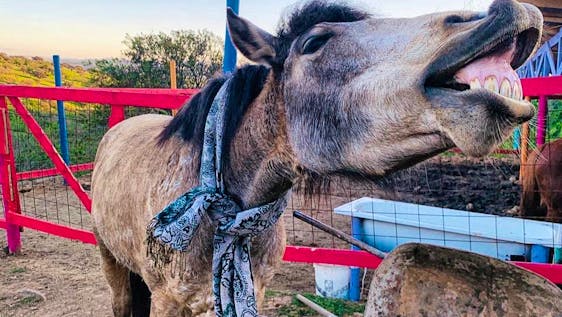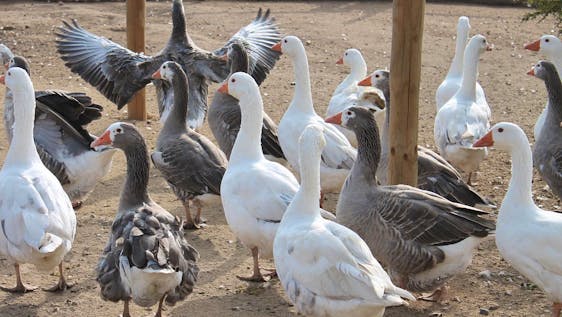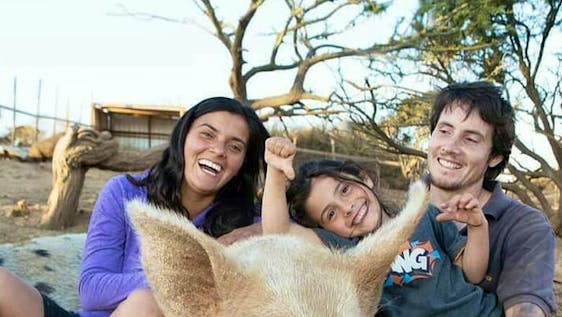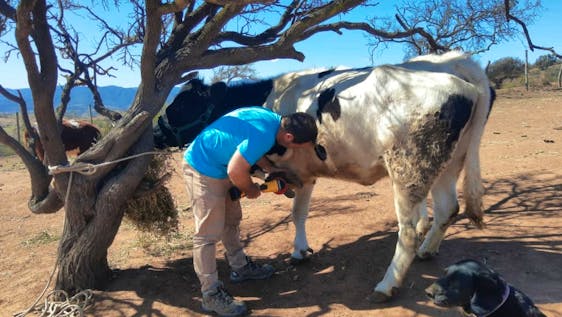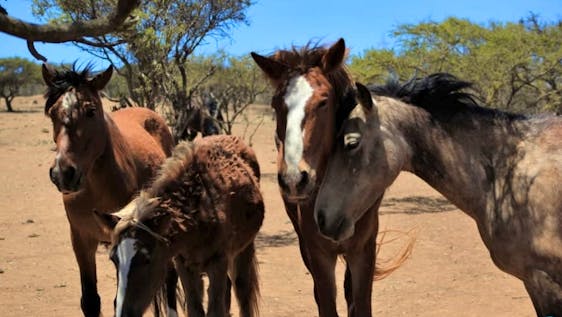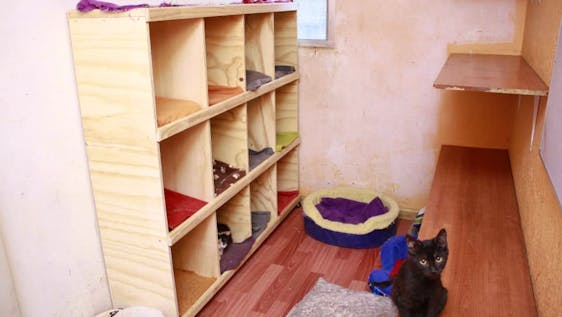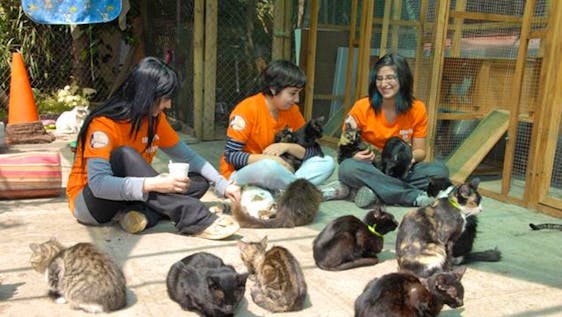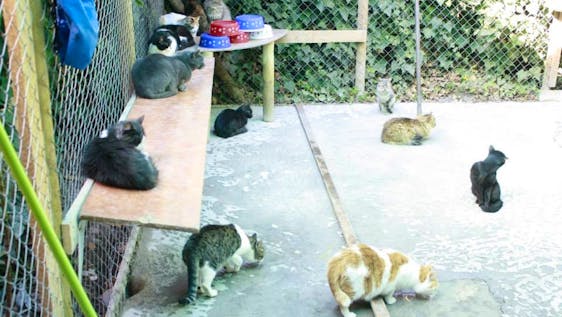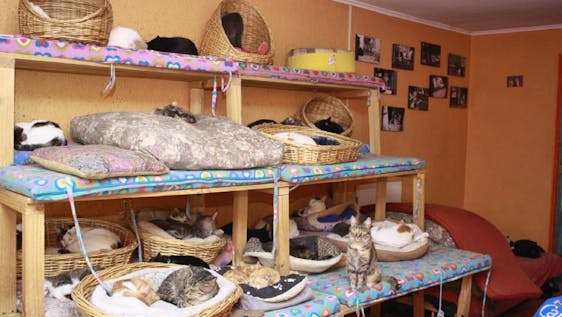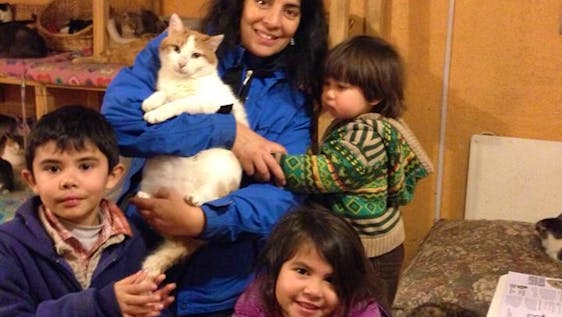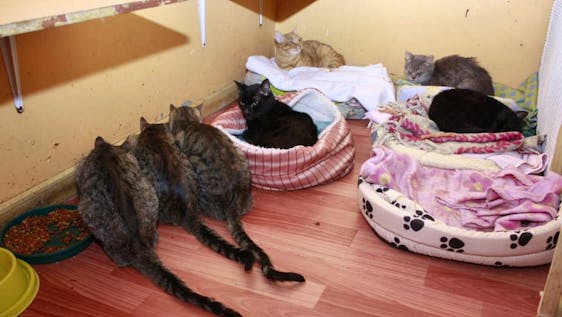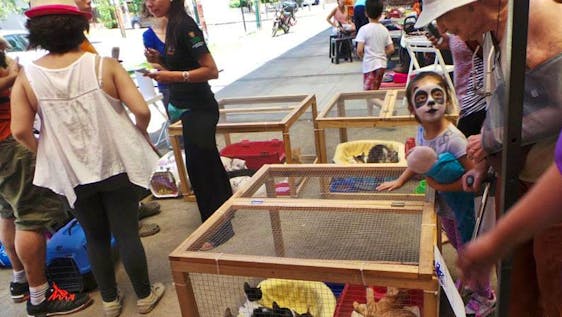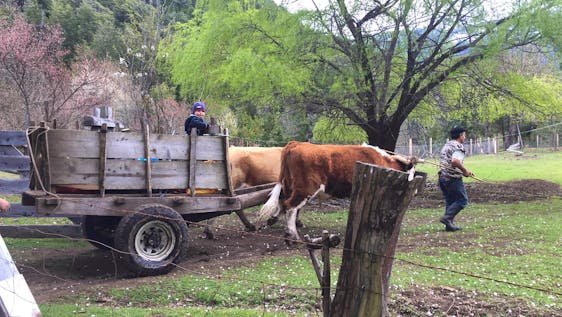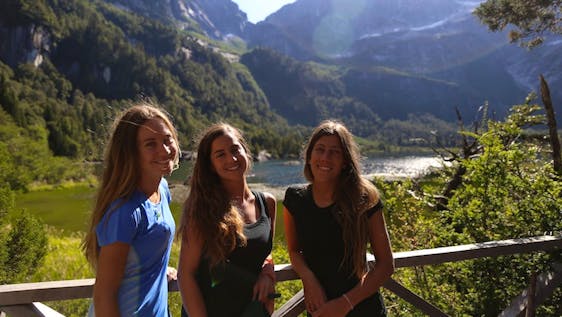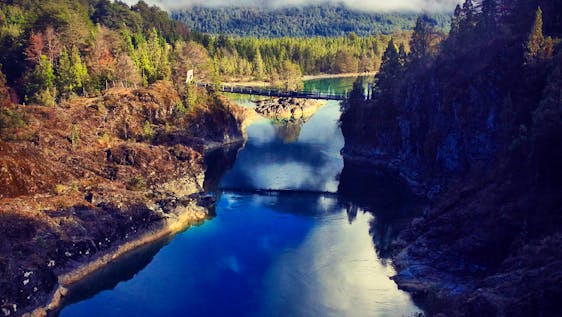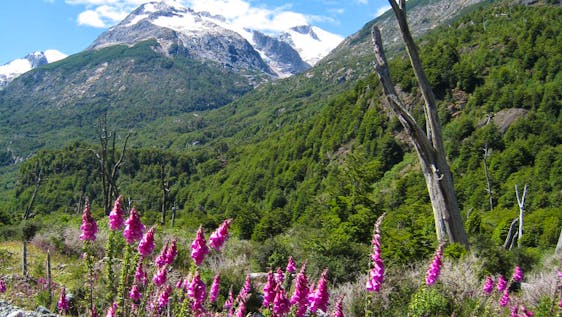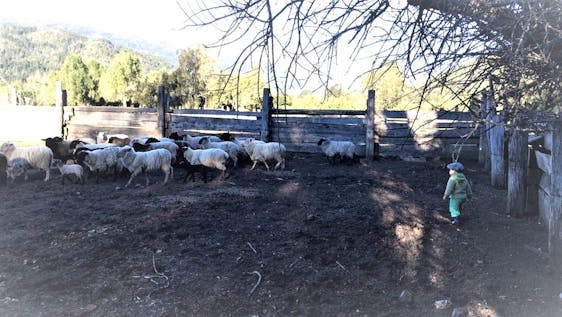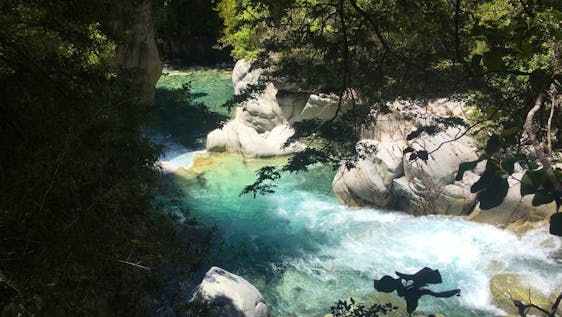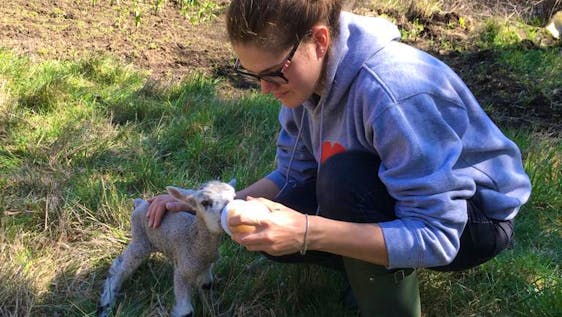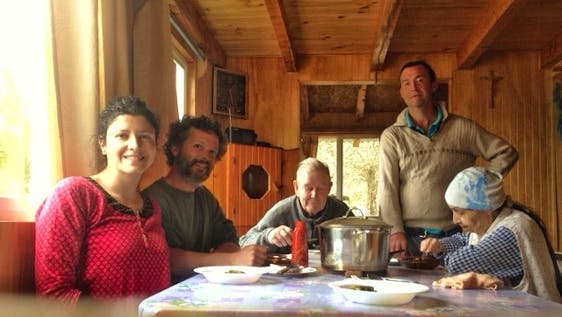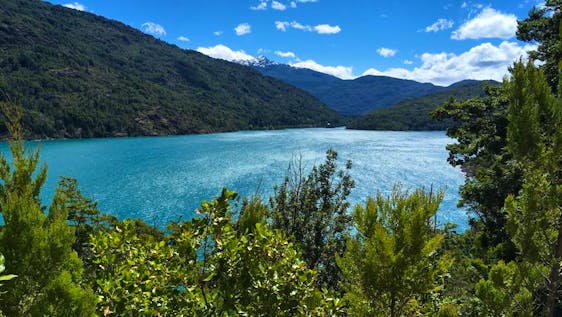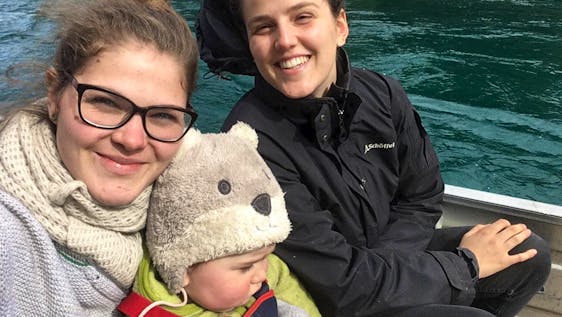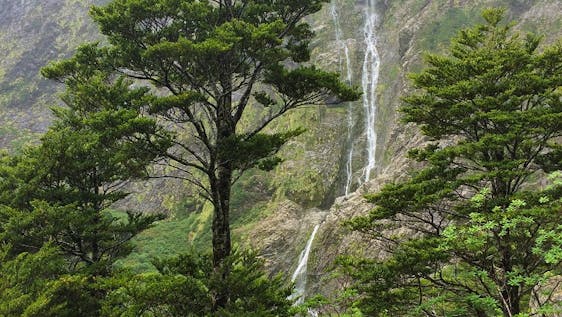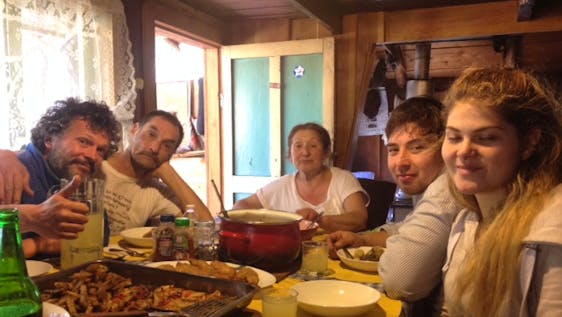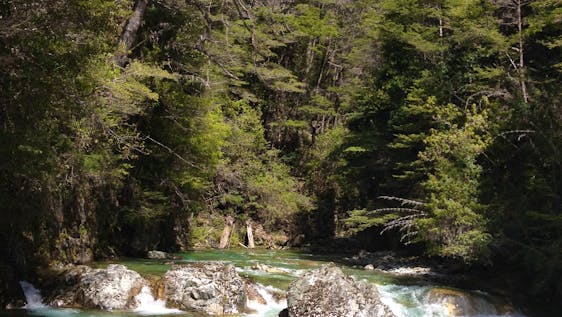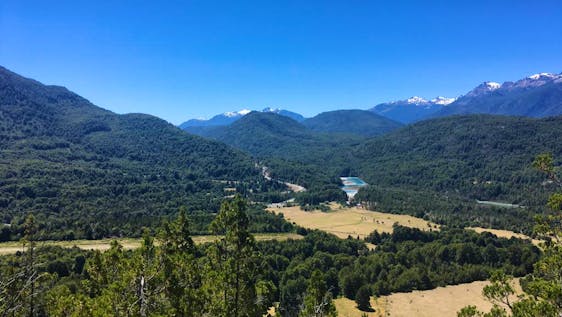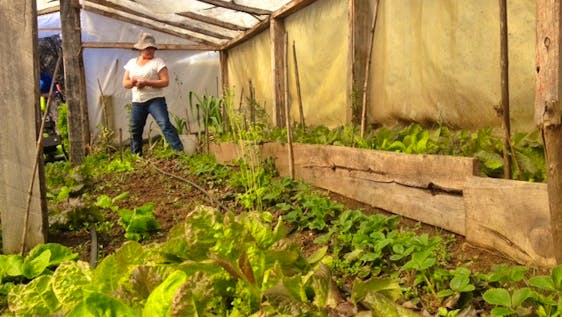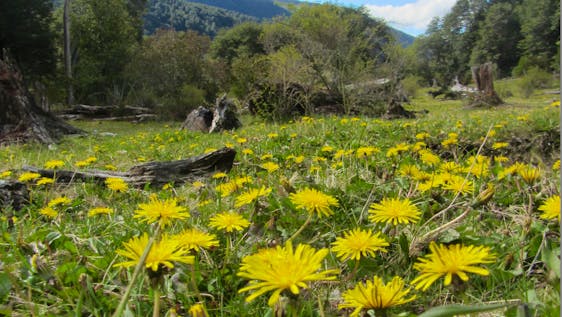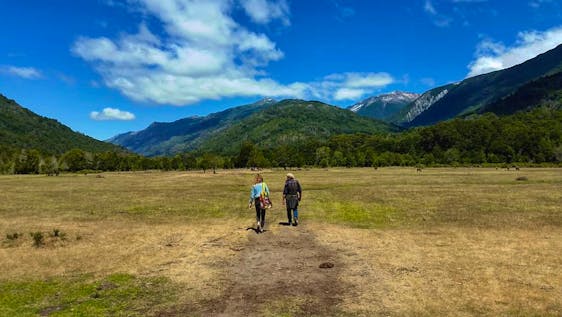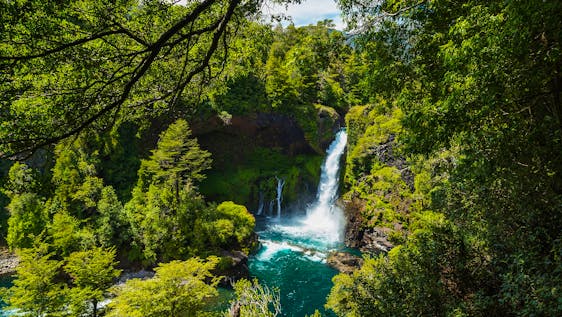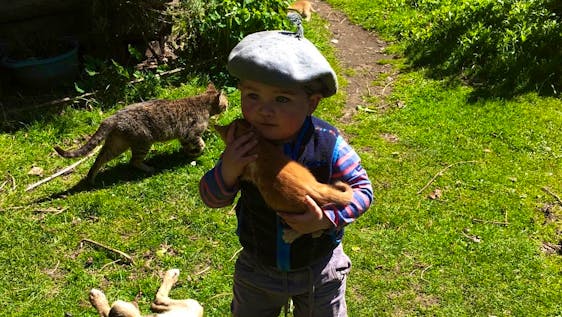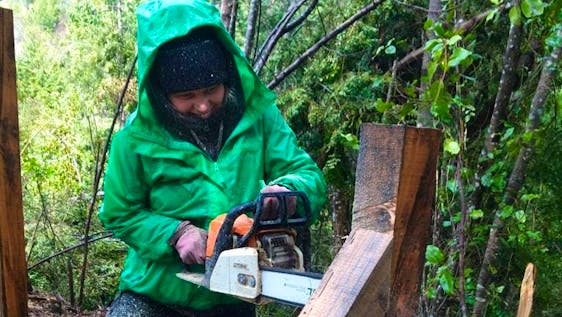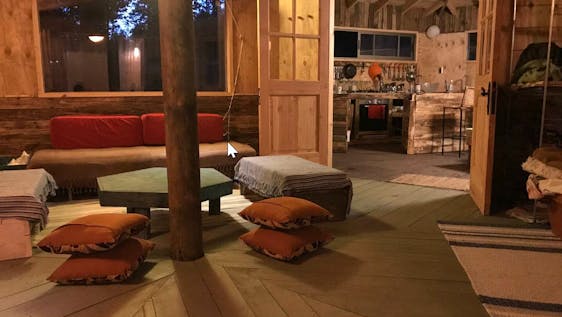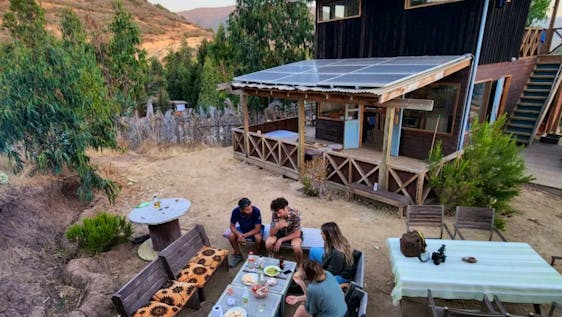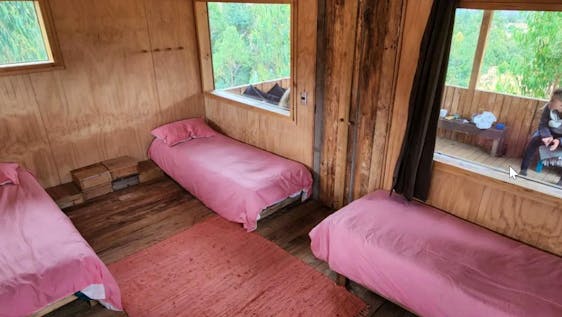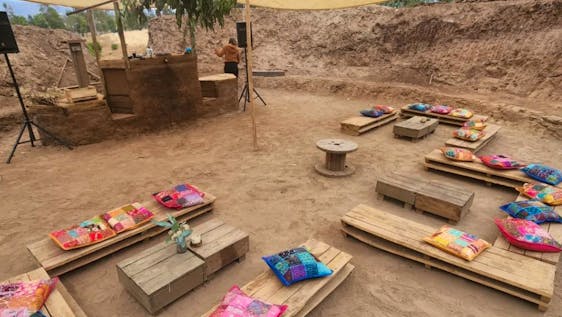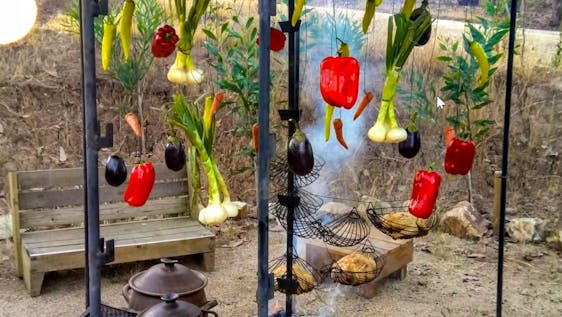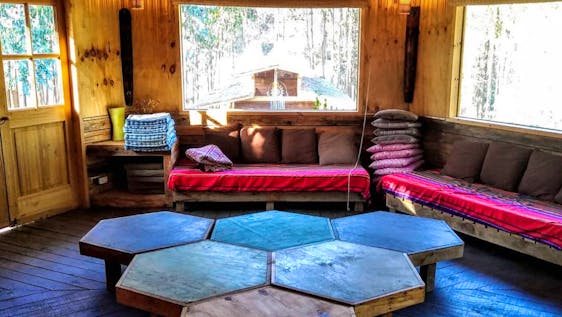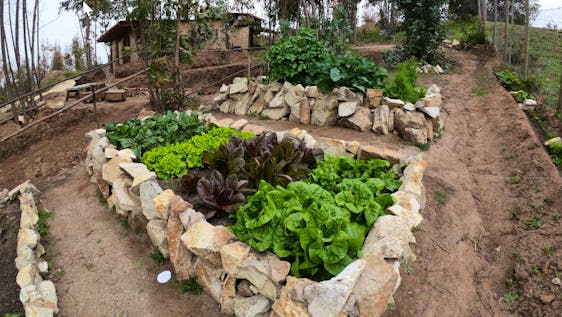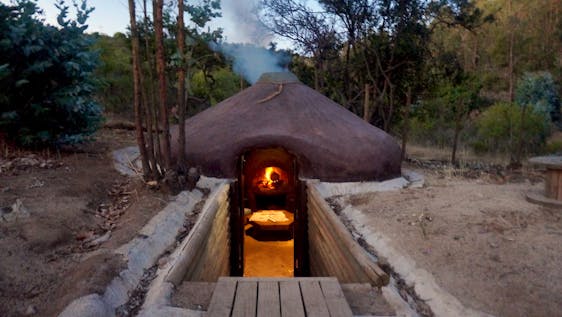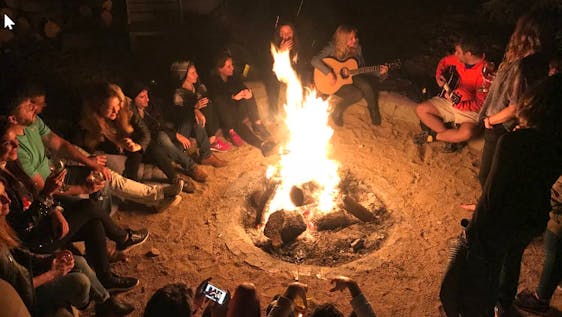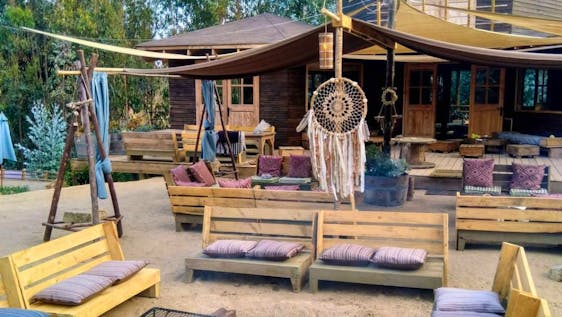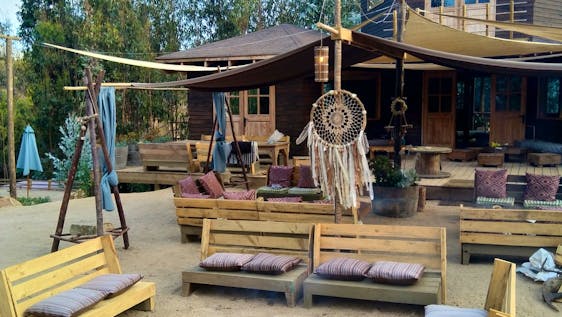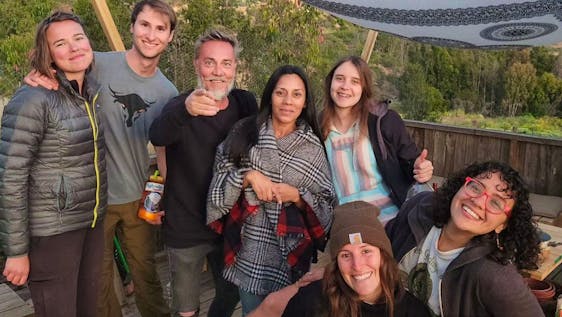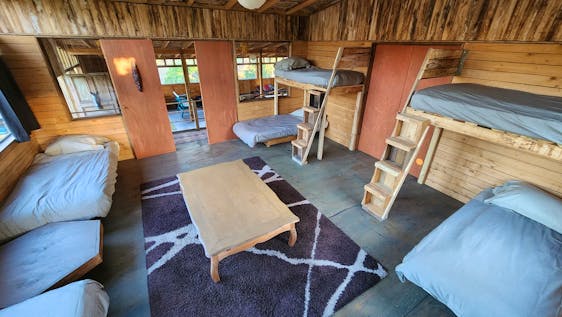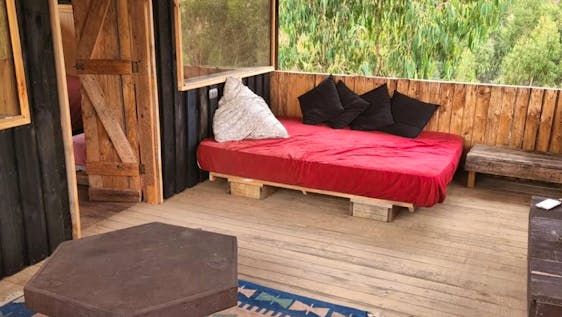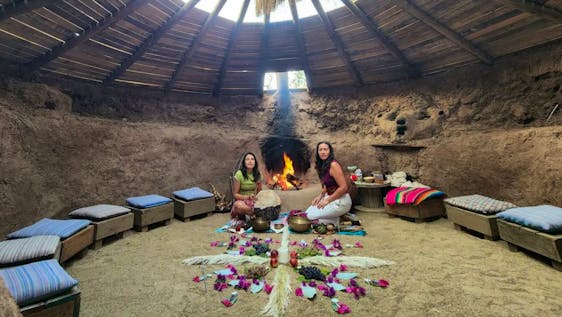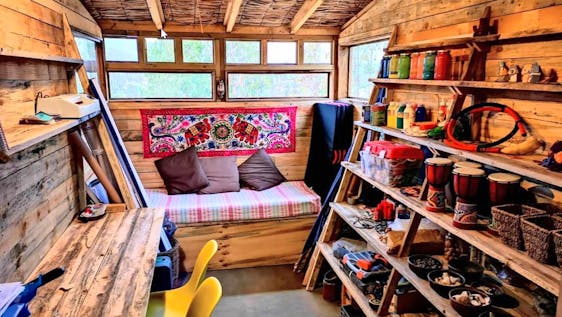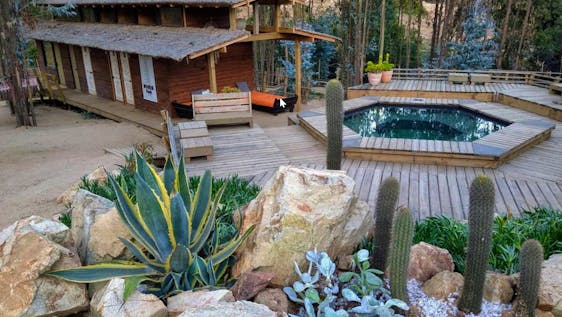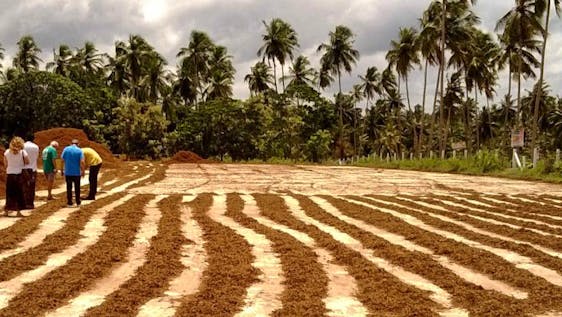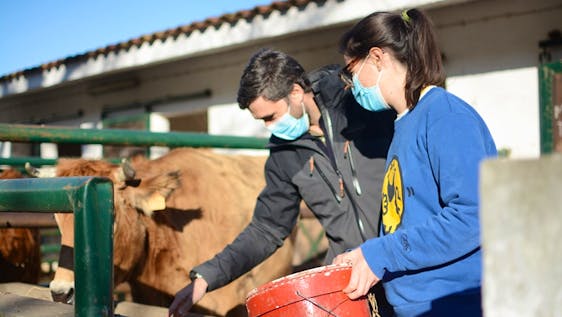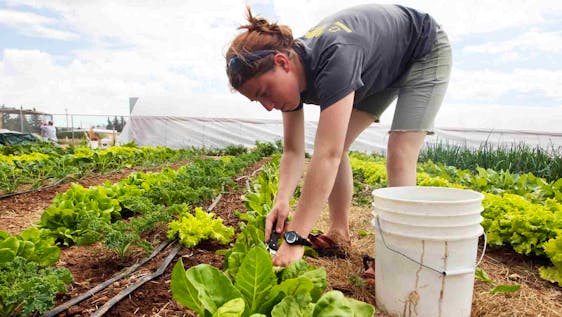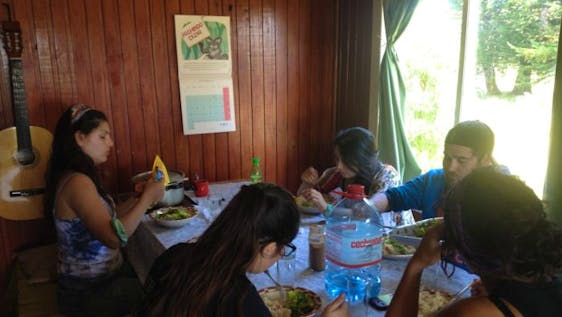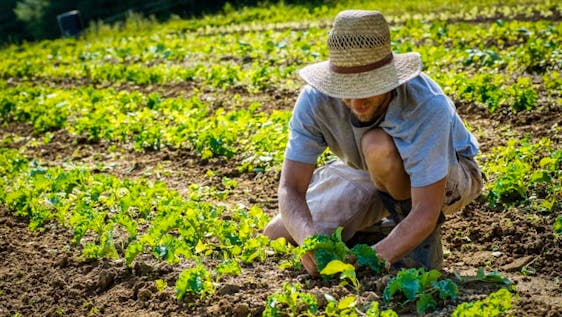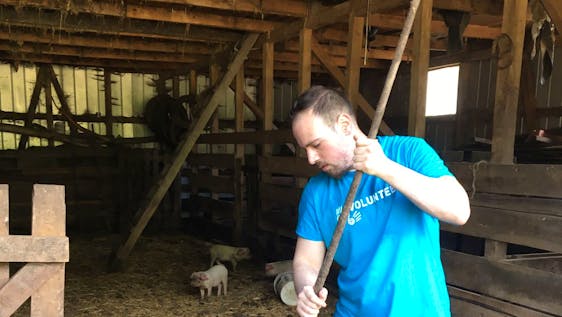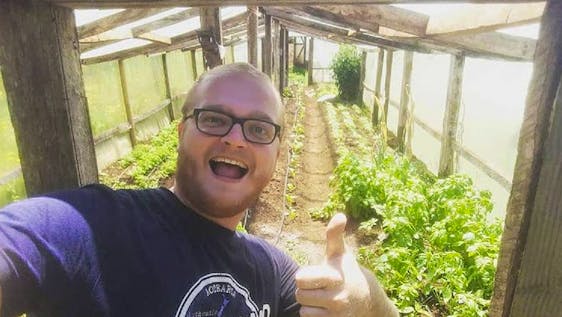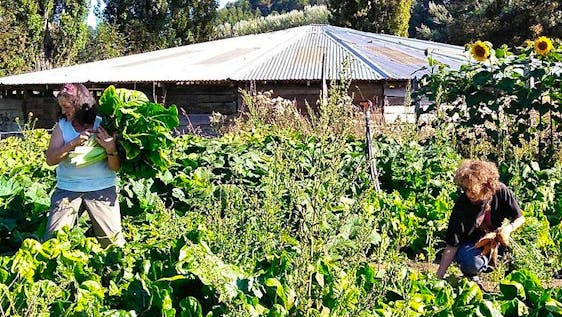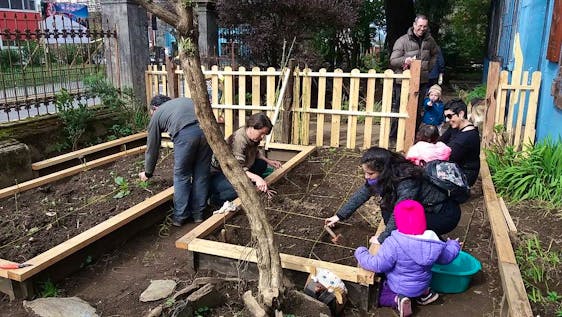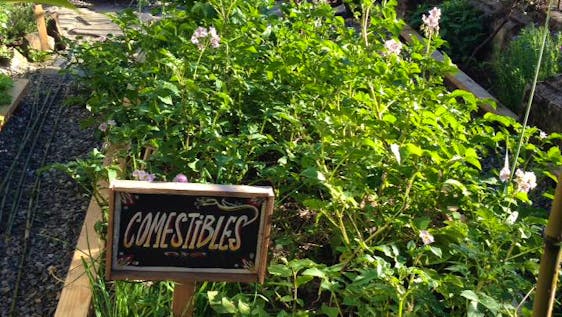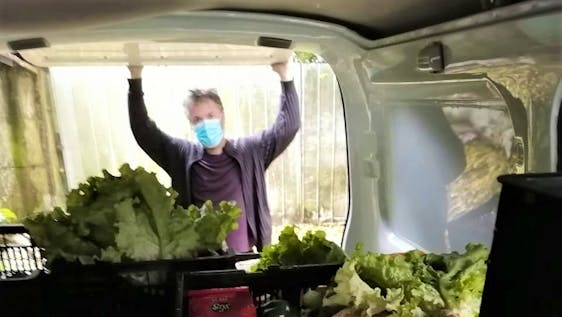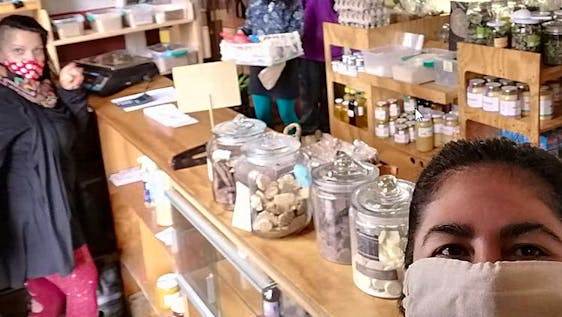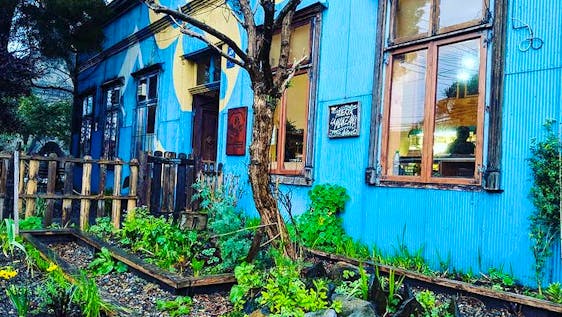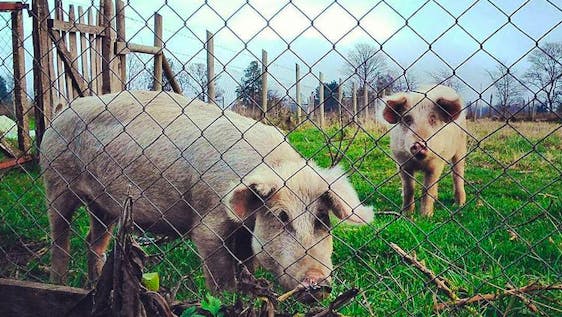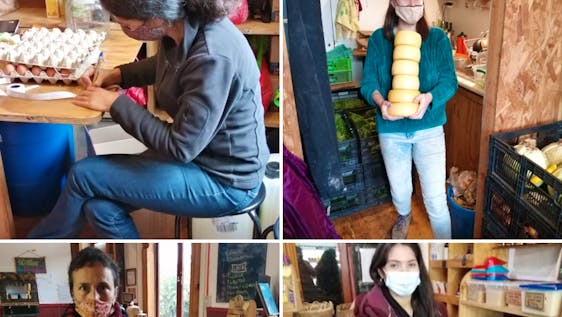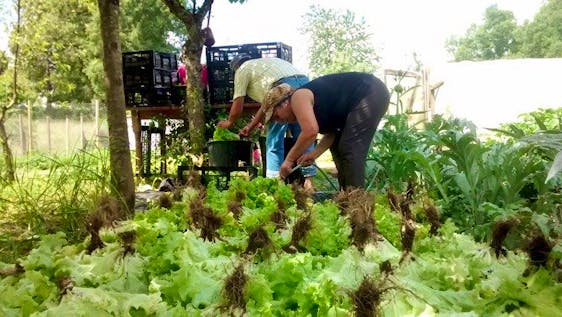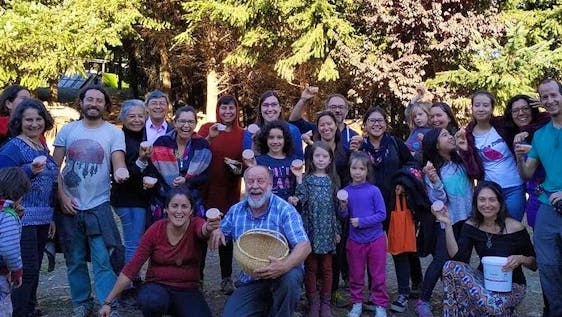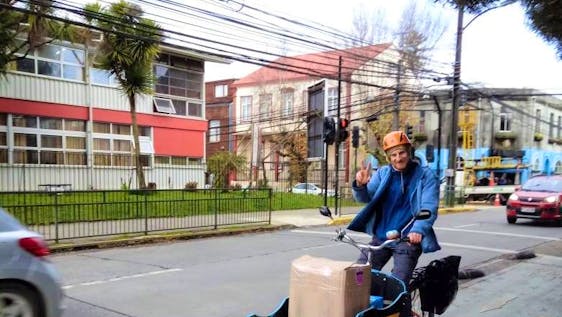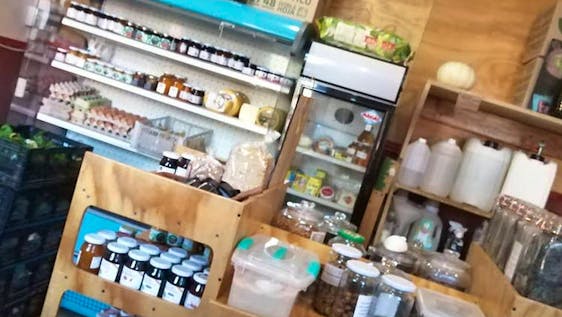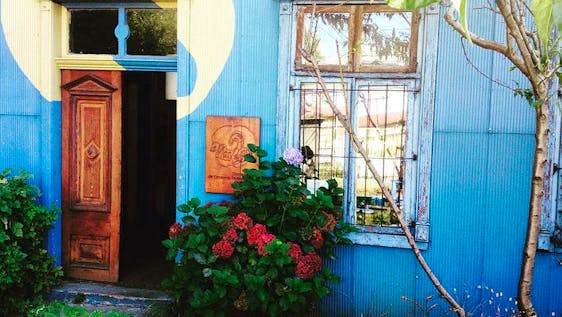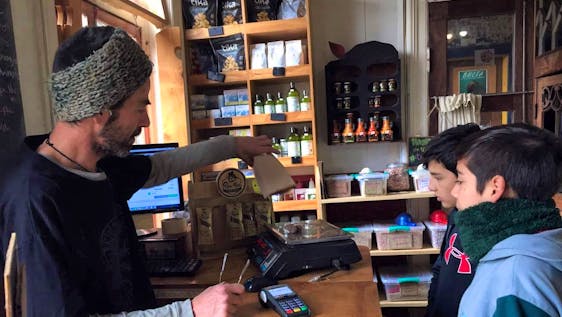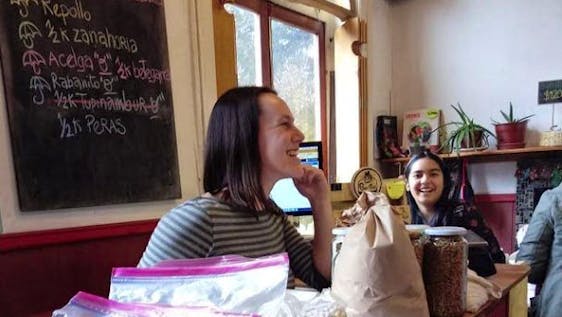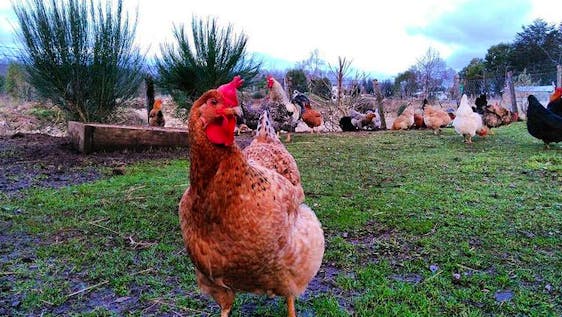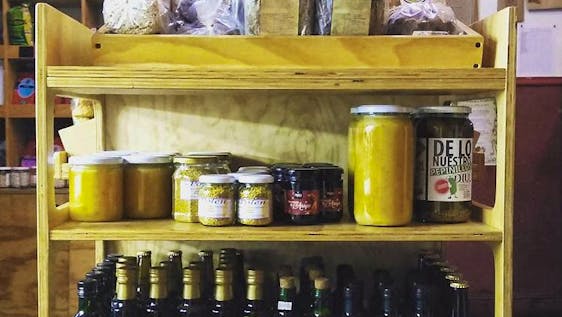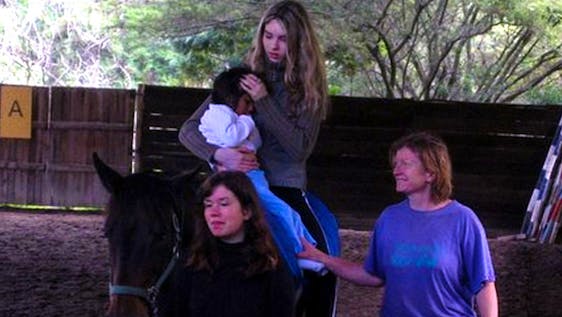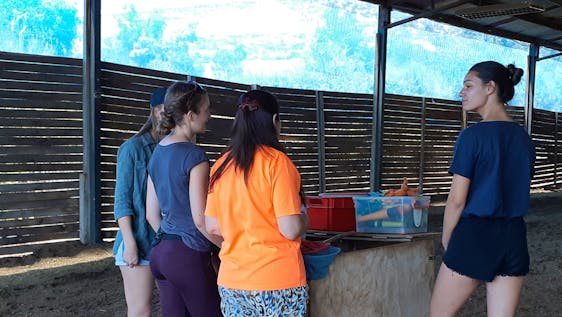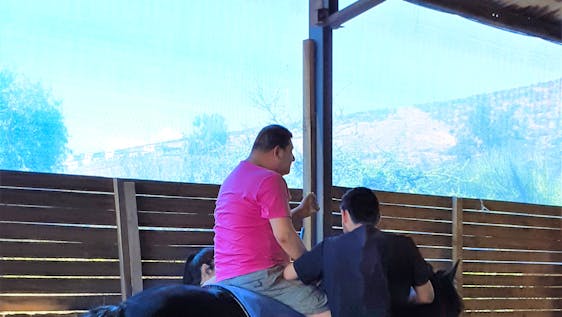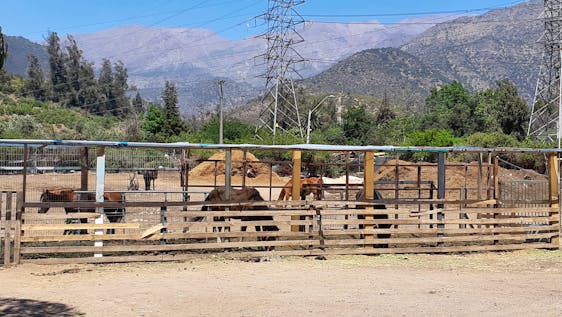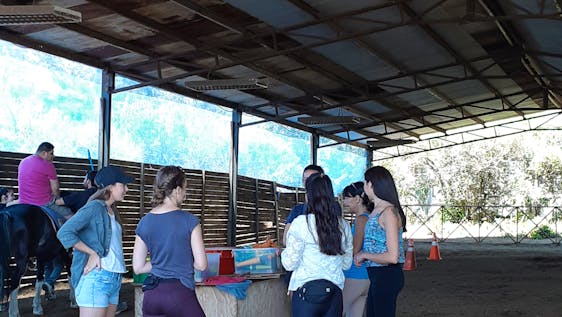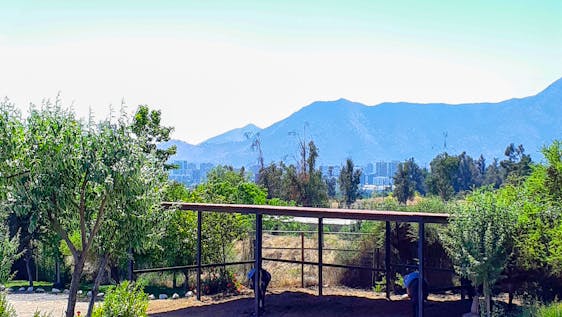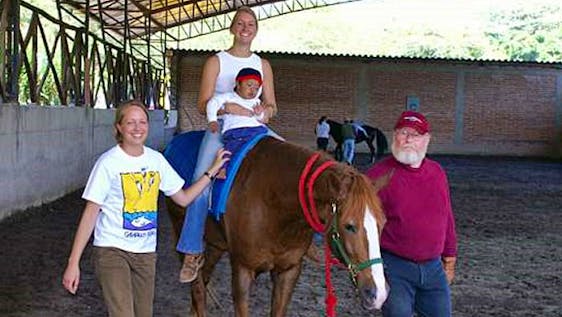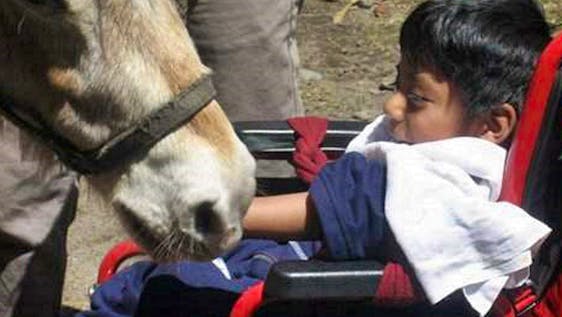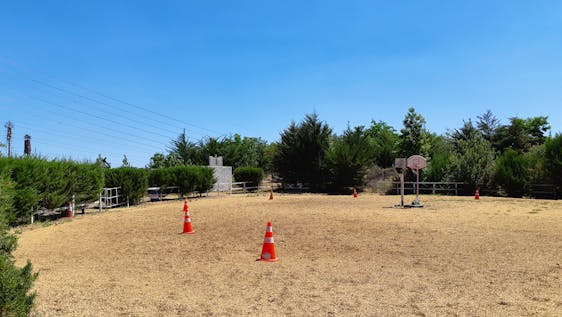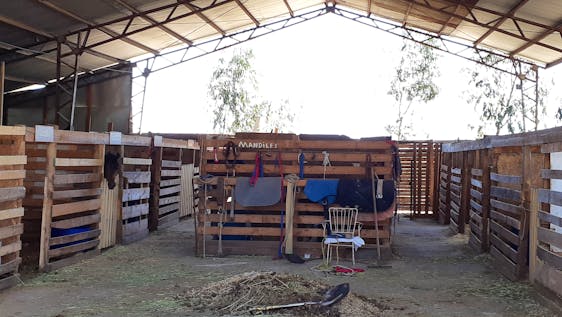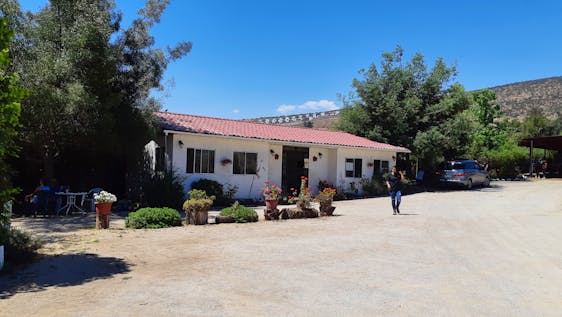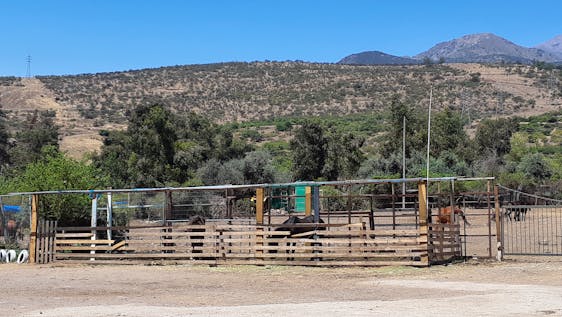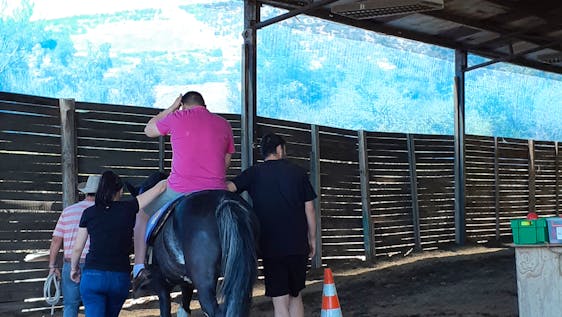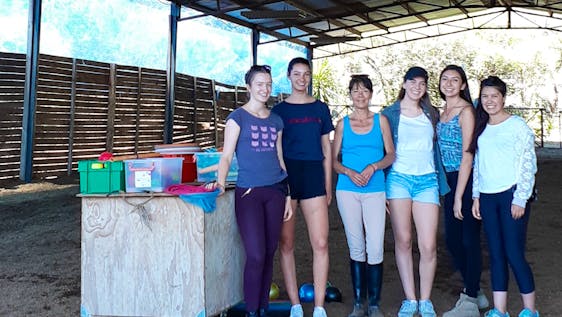Volunteer in Chile
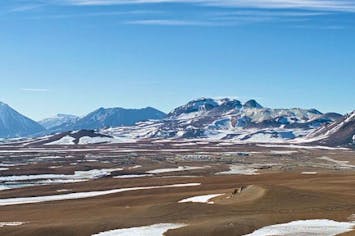
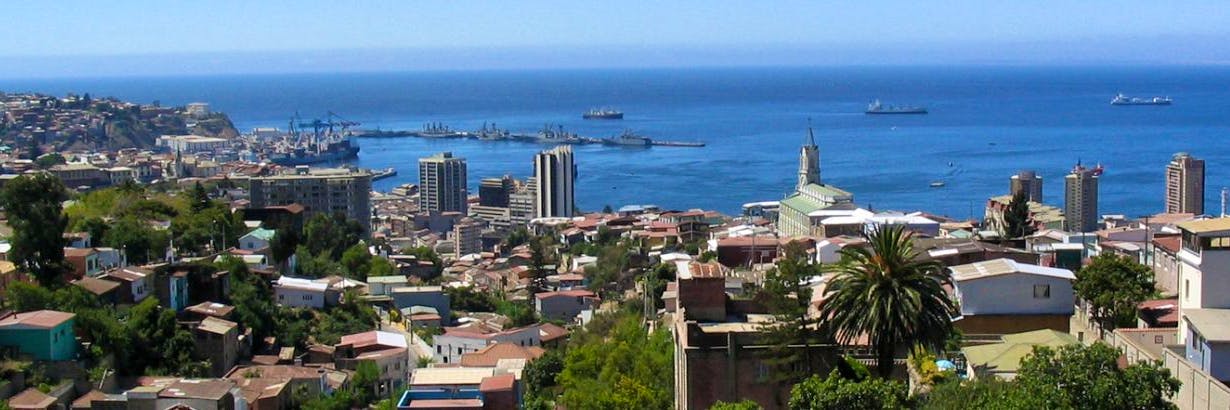
Volunteer work in Chile
Chile is a land of contrasts. With a length of more than 4300 km from north to south, there is a remarkable variety of climates and landscapes. From volcanoes to rainforests and the driest desert on earth, there is a lot to explore here. Chile's big cities are fast-paced, culturally diverse and offer a great variety of activities. As a volunteer in Chile, you will experience the different sides the country has to offer and become part of the Chilean culture while doing something meaningful at the same time.
Already falling in love with Chile? You can help to preserve its diverse nature and wildlife by volunteering to protect the environment. If you enjoy working with people, volunteering in a local community might be the right thing for you. The Chileans are very friendly and welcoming and they appreciate a relaxed lifestyle. Volunteer in Chile to support the ongoing efforts of international NGOs to end poverty while experiencing the Chilean culture from up close.
Volunteer work in Chile
Although Chile has one of the strongest economies in Latin America, there are still regions that suffer from extreme poverty. Being a volunteer in Chile gives you the opportunity to help improve the conditions for locals in these regions, by developing sustainable solutions for urban communities. These can include improvements in waste management, water supply, health care or the lack of community areas. As sustainable development is really important, a volunteer in Chile can also support local projects as a teacher to give children the chance to break through the poverty cycle.
Another way you can help is by volunteering in animal care or by working in environmental protection. Regarding the country's diversity in nature and wildlife, it's even more unfortunate that Chile faces many environmental issues. Those include air and water pollution, deforestation and the resulting soil erosion. As a volunteer in Chile, you can help to address those issues and also protect the animals that are affected by them.
Animal and wildlife conservation
The majority of Chile's population lives in and around Santiago, leaving most of the countryside untouched. This is one reason for many travelers to come to Chile for its 'beautiful pristine nature'. The great diversity in Chile's climate and sceneries makes the country even more interesting. The same applies to the animals living in the different regions. With the Atacama Desert in the north and the Andes mountains in the east, Chile is quite isolated which lead to a high degree of endemism in the flora and fauna. As a volunteer in Chile, you can look for llamas, alpacas, pumas, mountain vizcachas, foxes and many, many different types of birds.
If you love working with animals and protecting them is important to you, volunteer work in Chile with animals and wildlife might be a great way for you to discover and travel Chile. There are lots of volunteer opportunities in Chile with animals and the right one for you depends on your own interests. While volunteering in Chile you can join a monkey rehabilitation center or help tackle the issue of street animals in Chile's big cities. As a volunteer in Chile, you can work at an animal shelter for abandoned animals where you take care of cats, dogs and other pets that live on the streets.
- caring for animals
- cleaning cages
- assisting in rescue operations
- distributing food
- public relations
- educational work
Support community services
Even though parts of the population in Chile are extremely wealthy and Santiago is known as one of the most modern cities in South America, there are local communities that do need support as well. The main areas where help is needed are childcare and social work as the less wealthy people are having trouble to pay for proper care. As a volunteer in Chile, you can get involved in different areas like:
- caring for the homeless
- childcare support
- working with disabled children
By helping out at a community project, you will get into close contact with the people living in Chile. As a volunteer in Chile, your contact and cooperation with the host community will provide a unique cultural immersion experience.
Biodiversity and its conservation
While Chile has an impressive roster of national parks and reserves, it has been criticized for not doing more to conserve environmentally significant areas close to population centers. This is especially true when conservation conflicts with established economic interests such as forestry and mining. The 5 most important environmental challenges Chile is facing at the moment are the following:
- deforestation
- soil degradation
- water pollution
- industrial pollution
- waste disposal
Your voluntary work on environmental projects can help local people address these issues and protect some of Chile's most precious natural spaces. If you love the outdoors and hands-on work, volunteering at a national park is the perfect opportunity for you.
Cost of living
The suggested daily budget for living as a volunteer in Chile is between US$20 and US$50. This is an estimate made considering the average price of some of the services you might need and things you might want to buy. It gives you a general overview of how much things cost in this country, so you can be prepared and save the money you will need as a volunteer in Chile.
Additional costs you should consider as a volunteer in Chile:
- program fees
- flight tickets (find cheap flights to Chile)
- travel insurance (find your travel insurance)
- fees for your visa
- personal expenses
An exemplary overview of living costs in Chile (in US$, for one person) is:
Things to know before you volunteer in Chile
When you travel to a different country for voluntary work it is important to familiarise yourself with its culture and social characteristics. This helps you to settle in quickly and avoid misunderstandings. These are some tips that you might find helpful when preparing for your volunteer work in Chile:
Safety & precautions
Chile is no different than any other popular travel destination in that petty theft like pickpocketing and bag snatching is an ongoing concern. To stay safe, you should keep the following safety guidelines in mind at all times during your volunteer journey in Chile:
- Keep your personal belongings and important travel documents with you at all times. It also makes sense to bring attested photocopies of these documents, in case you lose them.
- Don't leave valuables in your backpack when you're traveling on a bus. You're usually asked to leave your backpack under or on top of the bus on long journeys, so make sure you have your valuables with you on the bus.
- If you are going out, it does not make sense to take a lot of money with you, as well as jewelry or other fancy possessions. Take only the money you will need and leave everything else back home.
Culture & religion
Chile has a very eventful history to look back on. Before the Spanish conquest in the 16th century, the main tribes living in Chile were the Mapuche and the Incas in the north. Chile remained in Spanish control until the country declared independence in 1810. The following two centuries were marked by general political instability. Today, Chileans have gained more economic prosperity than any other country in Latin America.
In Chile, religion still plays a major role in politics and social life. Most Chileans are Roman Catholics and around 15% are Christian Protestants, making it one of the nations in Latin America with the greatest Protestant influence. Due to its importance, you should be respectful of the religious customs. To sum up this section, these are our top 5 tips to keep in mind when traveling to Chile:
- You should never photograph Native American people without permission.
- In Chile, the greeting is very important. Between two women or a man and a woman who already know each other the customary greeting is usually a kiss on the cheek. You should always wait for your Chilean friend to progress to that stage though. It's also normal to chat for a while when you meet someone you know on the streets. A simple "hello" wouldn't be sufficient.
- When you're invited to someone's home, never come empty-handed. Chileans like to entertain their friends and family at home and it's normal for guests to bring something small as a thank you. Some flowers or a bottle of wine are perfectly fine - just don't bring yellow roses, as they imply disrespect.
- The Chilean culture is quite conservative. Men open doors and give up their seats on public transit for women, and especially for elderly people. You should dress accordingly, in a mildly conservative way.
- The Chileans' attitude towards punctuality is relaxed. It's common that people show up half an hour late for appointments - so be prepared to wait if you're a very punctual person.
Health advice
Going abroad always includes some issues and precautions that need to be taken into account, especially if you are traveling to a country with tropical temperatures and wilderness. The health risks will vary between individuals and many depend on your activities, length of stay and general health.
- Eat and drink safely: Don't eat undercooked food, avoid eating street food and don't drink water from the tap!
- Also, wash your hands often, especially before eating.
- Plan for how you will get health care during your stay. Get a travel insurance and bring medicine with you, especially if you need special medication.
- Prevent bug bites: You might want to cover exposed skin, use an insect repellent, and use a bed net.
- Make sure you are up-to-date on routine vaccinations before every trip. These include MMR, diphtheria-tetanus-pertussis, chickenpox, polio, yellow fever and your yearly flu shot. Moreover, the US-based Health protection agency CDC recommends hepatitis A and typhoid vaccinations because you can get these diseases through contaminated food or water in Chile.
Who can volunteer in Chile?
You might have noticed by now that there are many different volunteer opportunities in Chile that require different skills and abilities from their international volunteers. While you can find out the specific requirements for each project on their profiles on Volunteer World, here are some general requirements that apply to most projects in Chile:
- You need to be at least 18 years old for most of the volunteer projects. When in doubt, we advise you to get in contact with the local project manager, as in some projects you can also volunteer when you're 16 years old.
- You should have an intermediate level of English knowledge; most projects also require basic to intermediate Spanish knowledge.
- Depending on the project you're interested in, you might need to provide a criminal background check and a health declaration before volunteering.
What visa do I need for volunteering in Chile?
You have made it to the last section of this guide, which is another really important aspect while planning your volunteer work in Chile: getting your volunteer visa for Chile.
Please consider that the following information is based on a best practice approach, which has been made according to the best of our knowledge and in cooperation with several volunteer organizations. That's why you should please make sure to discuss your visa requirements with your project coordinator on Volunteer World. If in doubt, we also recommend getting in touch with the embassy or consulate of Chile in your country.
General entry information
There are some general requirements you should comply with upon your arrival:
- Please check the current validity of your passport. Your passport should have at least 6-month validity from the date of arrival in Chile.
- Make sure your passport has at least two blank Visa pages. Chile requires that you have adequate unused pages in your passport, allowing for any necessary stamps upon arrival and departure.
- Please check if a transit visa is required for any connections.
- Make sure to be in possession of a valid return ticket.
Best practice for short-term volunteers
Chile grants a 90-day Tarjeta de Turismo (tourist card) to residents of most foreign countries without prior application. Among others, residents of Canada, the US, Japan, Australia, New Zealand or the European Union, are able to work as a volunteer on a tourist visa for up to 90 days.
All others require a tourist visa. When applying for the tourist visa it is important to only submit original documents. It can take up to four weeks for tourist visas to be approved, so make sure you apply in time. The following paperwork is required for a tourist visa application:
- a completed visa application form
- proof of a booked flight to Chile and back
- a valid passport and a photocopy (and a copy of your residence permit, if applicable)
- a certificate of employment or pay slips for the last three months
- one passport-sized, biometric photograph with your full name on the back
- an invitation from an individual or a company in Chile, or proof of hotel reservation
Please contact the embassy in your country to find out which is the case for you.
Best practice for long-term volunteers
If you are planning to volunteer in Chile for more than 90 days you need to apply for a short-term visa, also known as a temporary resident visa.
A short-term visa is valid for a maximum of one year. It may take up to four weeks for your short-term visa to be approved. You'll need to submit the following paperwork with your application:
- a completed application form
- one passport-sized, biometric photograph with your full name written on the back
- a valid passport and a photocopy
- a police clearance certificate (not older than three months) detailing whether the applicant has a criminal record
- a document supporting your reason for applying for this visa (e.g. a work contract)
- a certificate of health (confirming that the applicant does not have any contagious diseases)
- proof of sufficient funds to cover the duration of the stay (e.g. bank statement)
For more information please consult the closest embassy or consulate of Chile in your country.
 Animal Shelter
Animal Shelter
 Street Animals
Street Animals
 Animal
Animal
 Dog
Dog
 Cats
Cats
 Activities
Activities
 Environment
Environment
 Conservation Work
Conservation Work
 Education
Education
 Primary School
Primary School
 Reforestation
Reforestation
 Community
Community
 Yoga
Yoga
 Childcare
Childcare
 Easter Island
Easter Island
 Hotspots
Hotspots
 Vegan
Vegan
 Teaching Internship
Teaching Internship
 Horse
Horse
 Agriculture
Agriculture
 Ecological Farming
Ecological Farming
 Ecological Building
Ecological Building
 Construction
Construction
 Social Work
Social Work
 Horse Therapy
Horse Therapy
